Course Description: This course surveys the evolving socio-ecological conditions resulting from urbanization, climate dynamics, evolving economies and technological innovation. Landscape architects around the world increasingly engage these complexities in the built environment to create new possibilities for the economic, social, and environmental performance of landscapes in public, private, and infrastructural territories. Students will use contemporary projects as a basis for understanding multi-scalar design approaches, technical details, and maintenance regimes. Emphasis will be placed on built landscapes and living systems as integral parts of more dynamic, resilient, and sustainable approaches to landscape design, implementation, and management across scales from the site to the watershed.
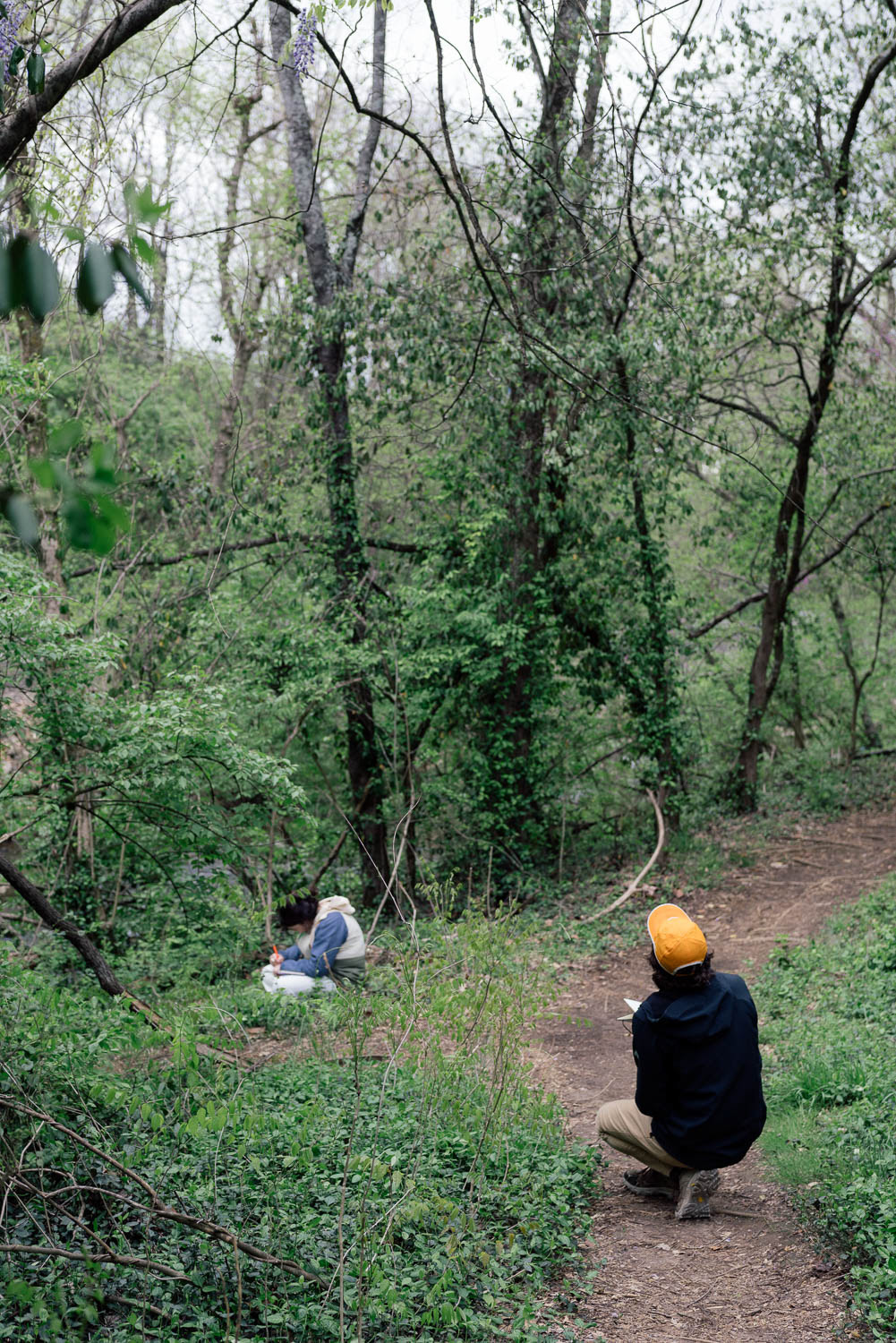
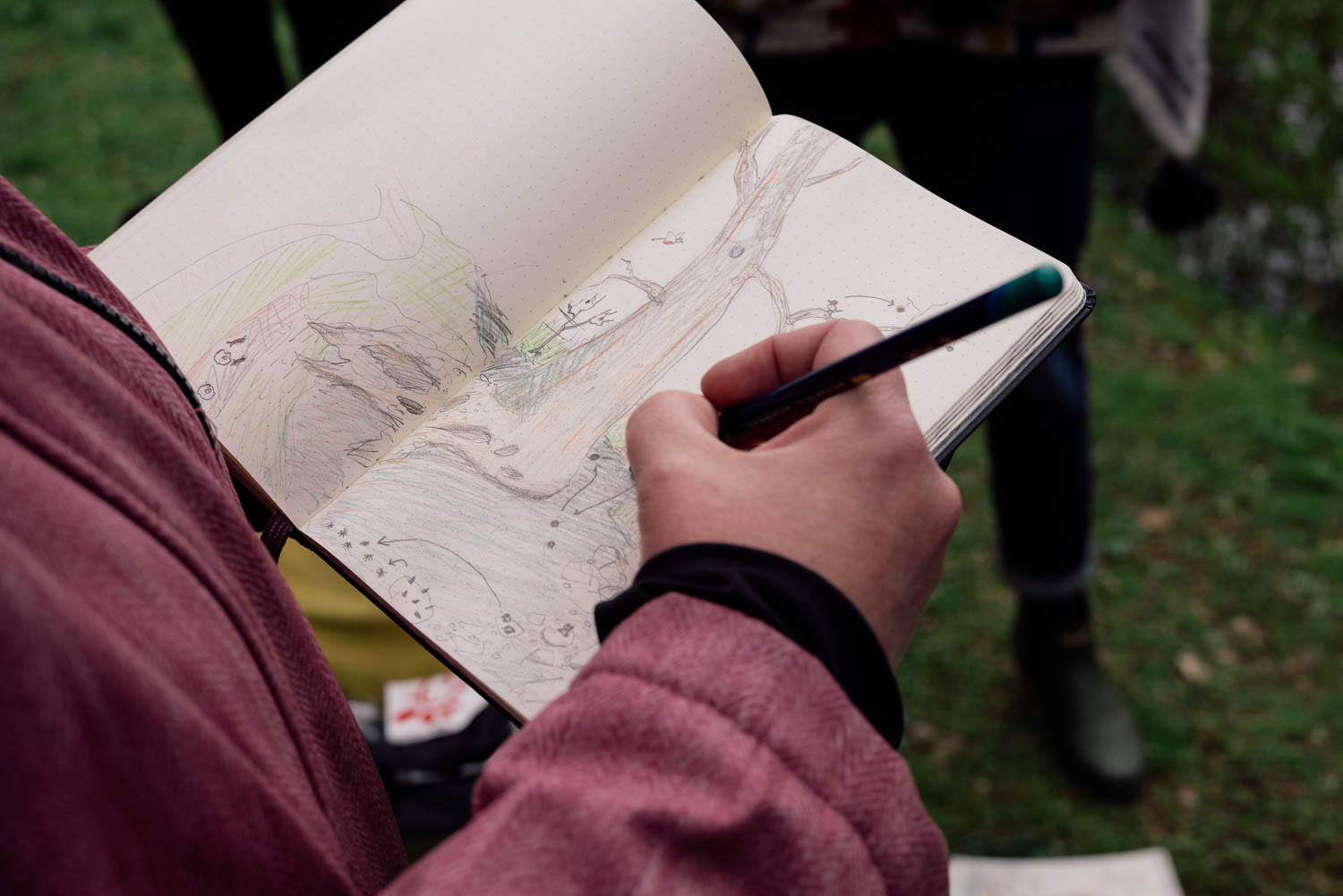
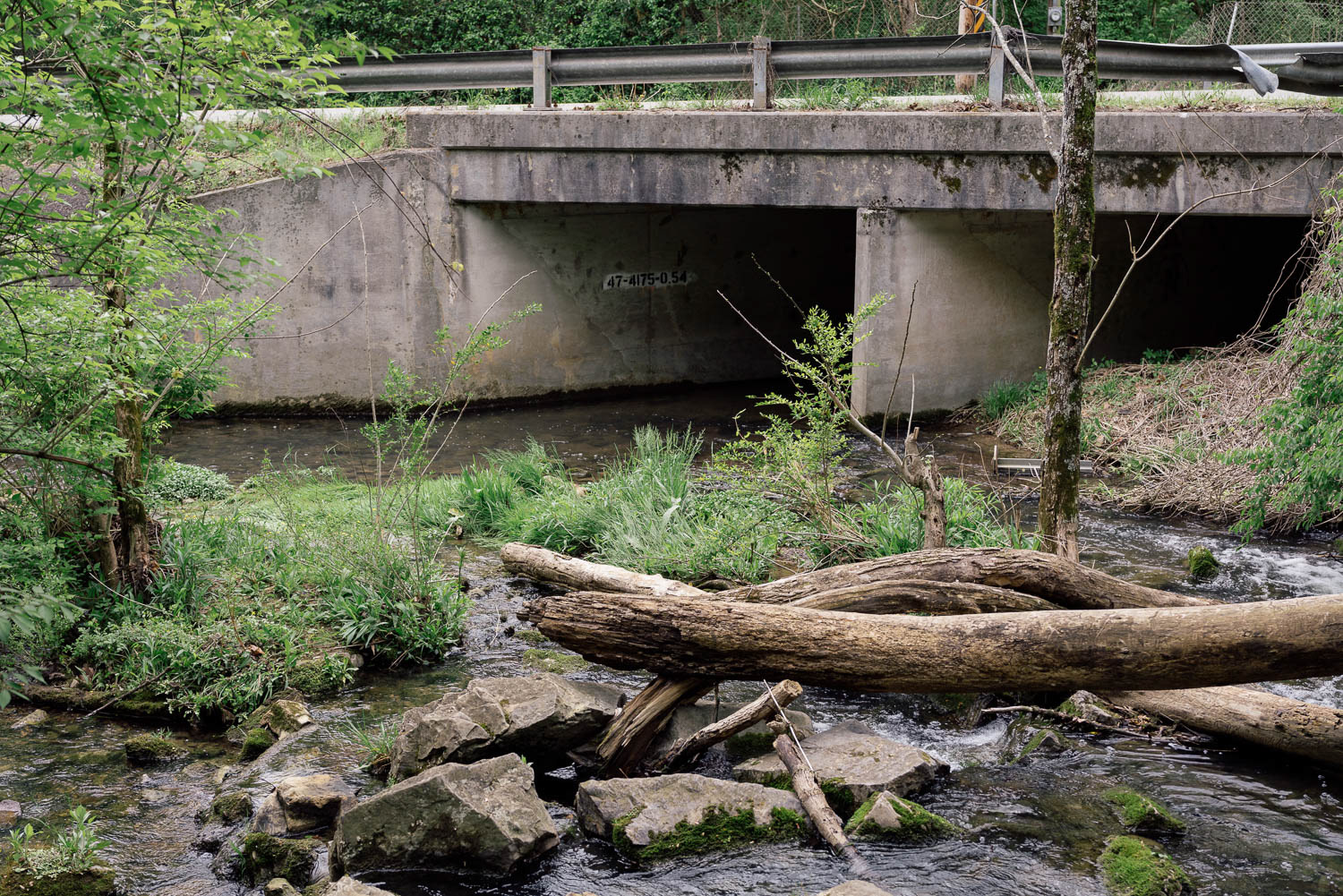
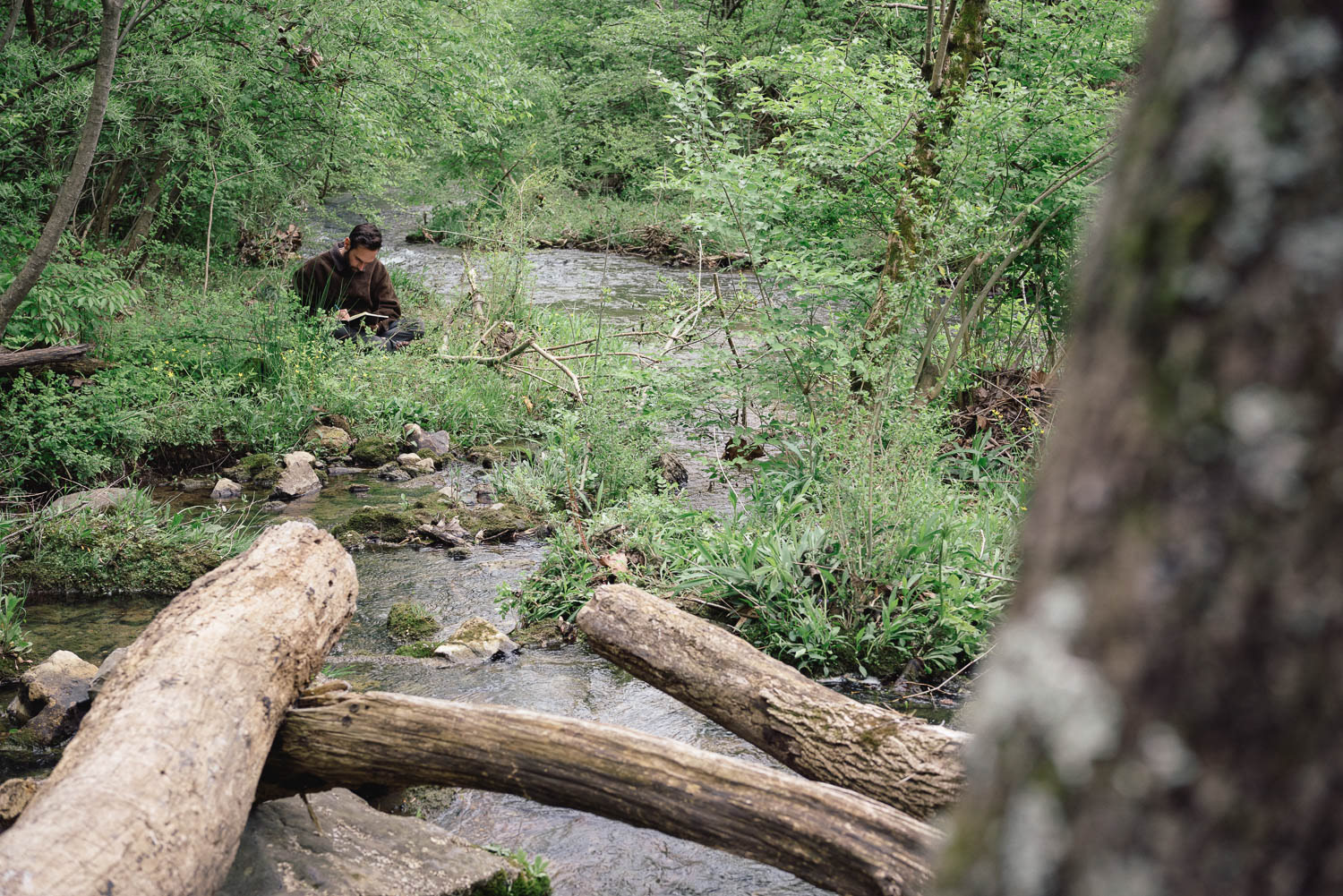
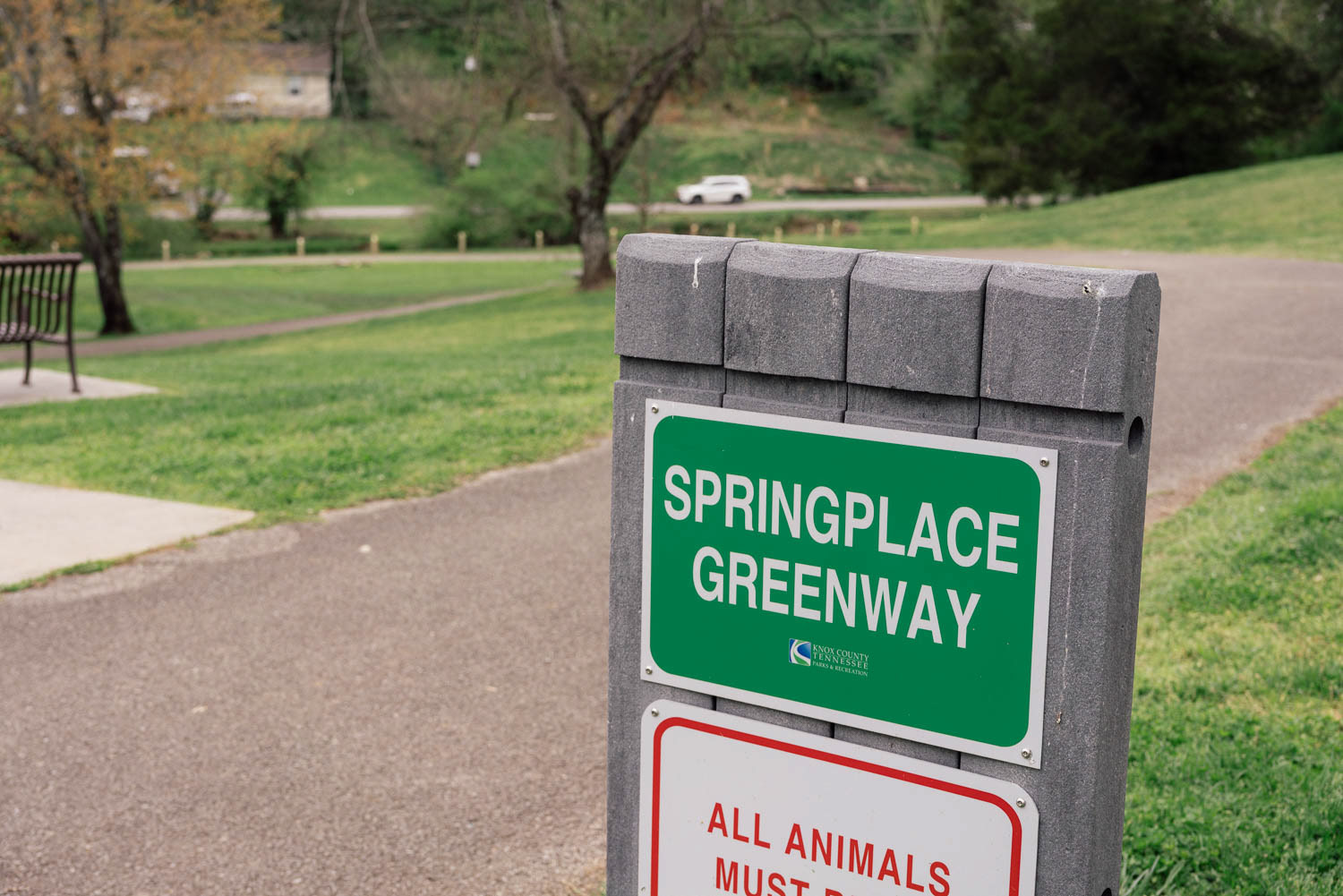
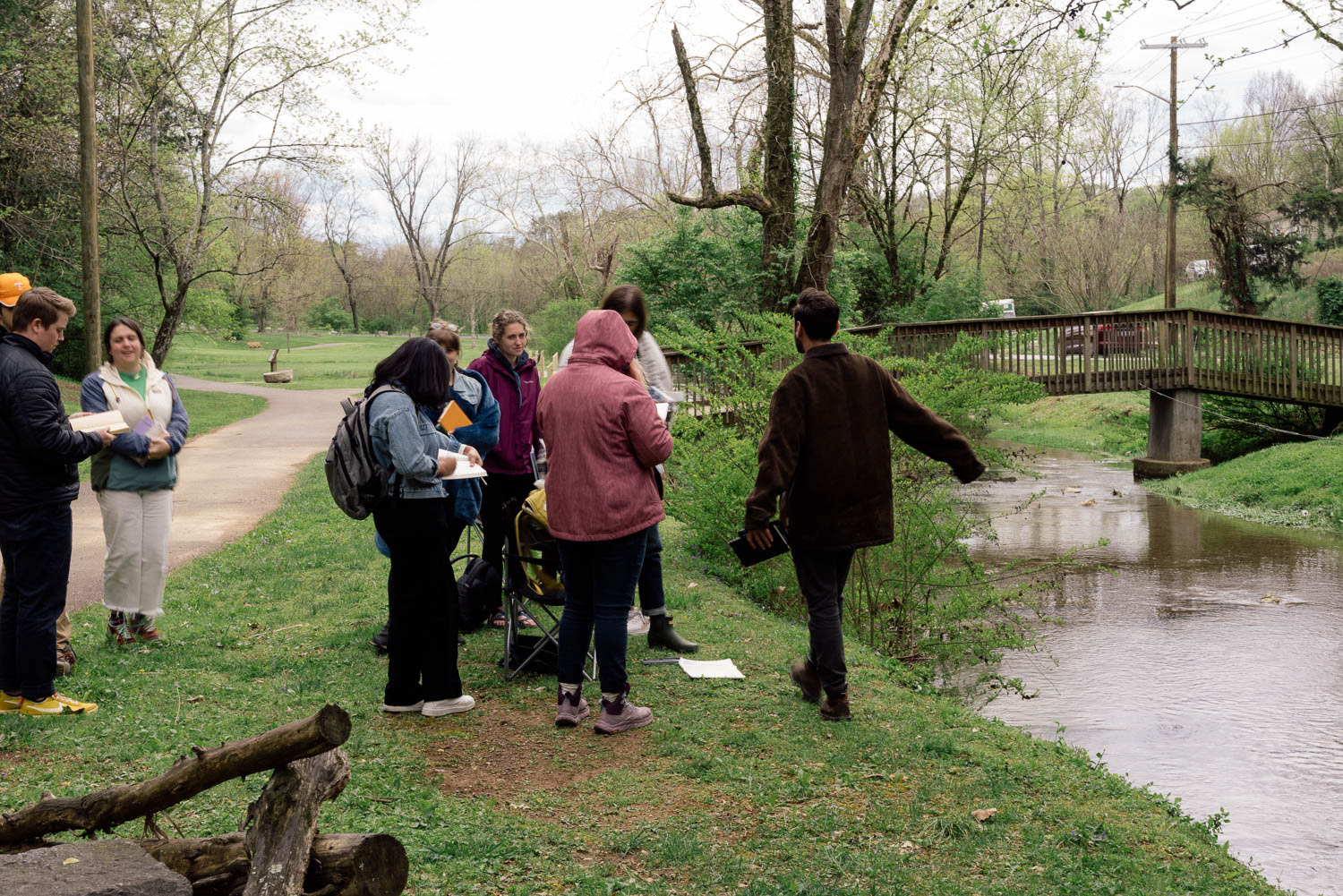
Exercises 1-5 : Ecological Design for Urban Watersheds
Through rigorous analyses and syntheses of theories and methods in ecological design, the semester’s exercises asked students to question the role of urban streams as complex ecological agents within the city of Knoxville, Tennessee. Exercises were structured as a series of cumulative integrations: 1. toxicology and remediation; 2. landscape ecologies; 3. hydrological design for dynamic ecologies; 4. enhancement of ecological communities & structures; 5. propagation of ecosystems and their management within hydrological corridors
2025
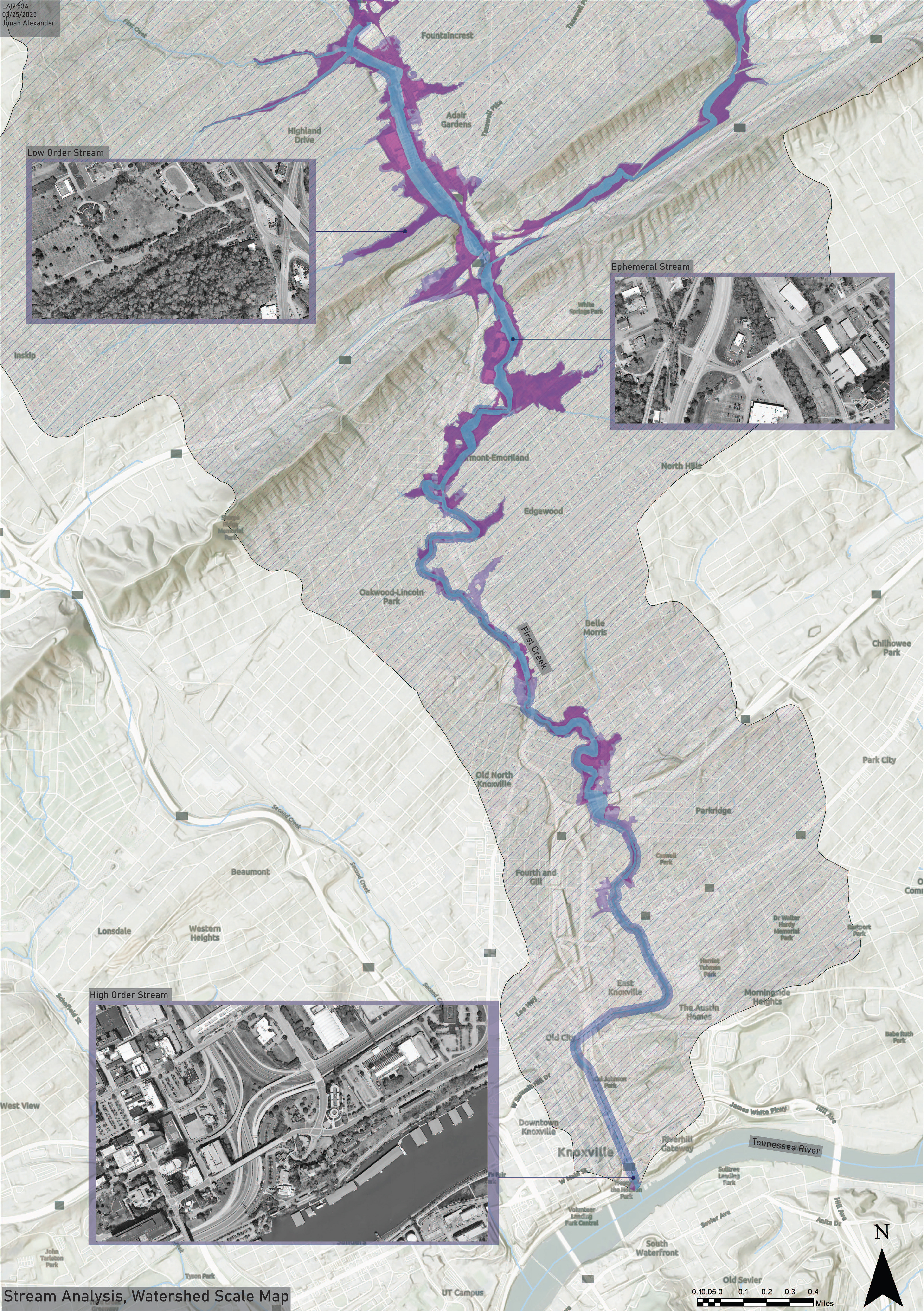
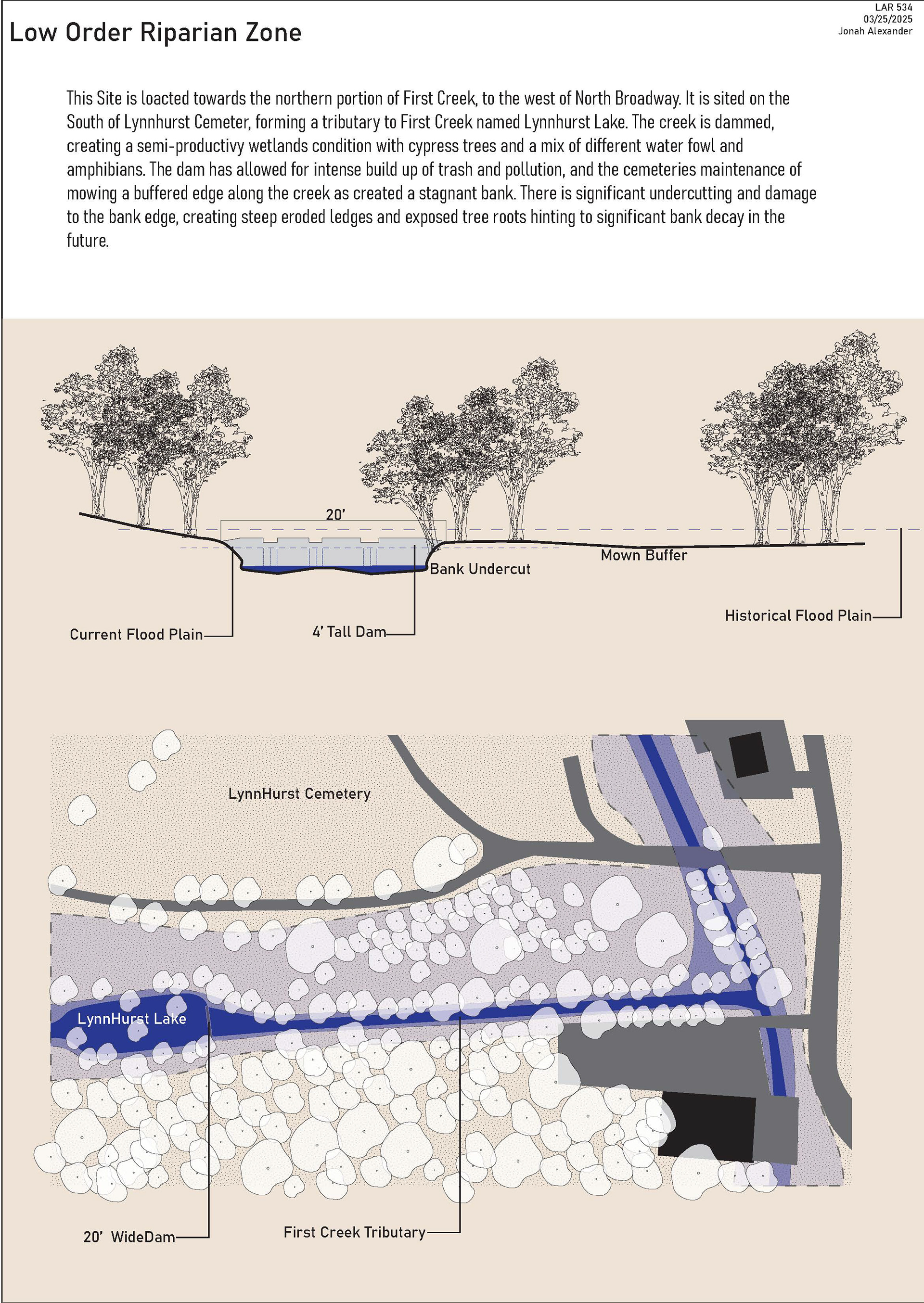
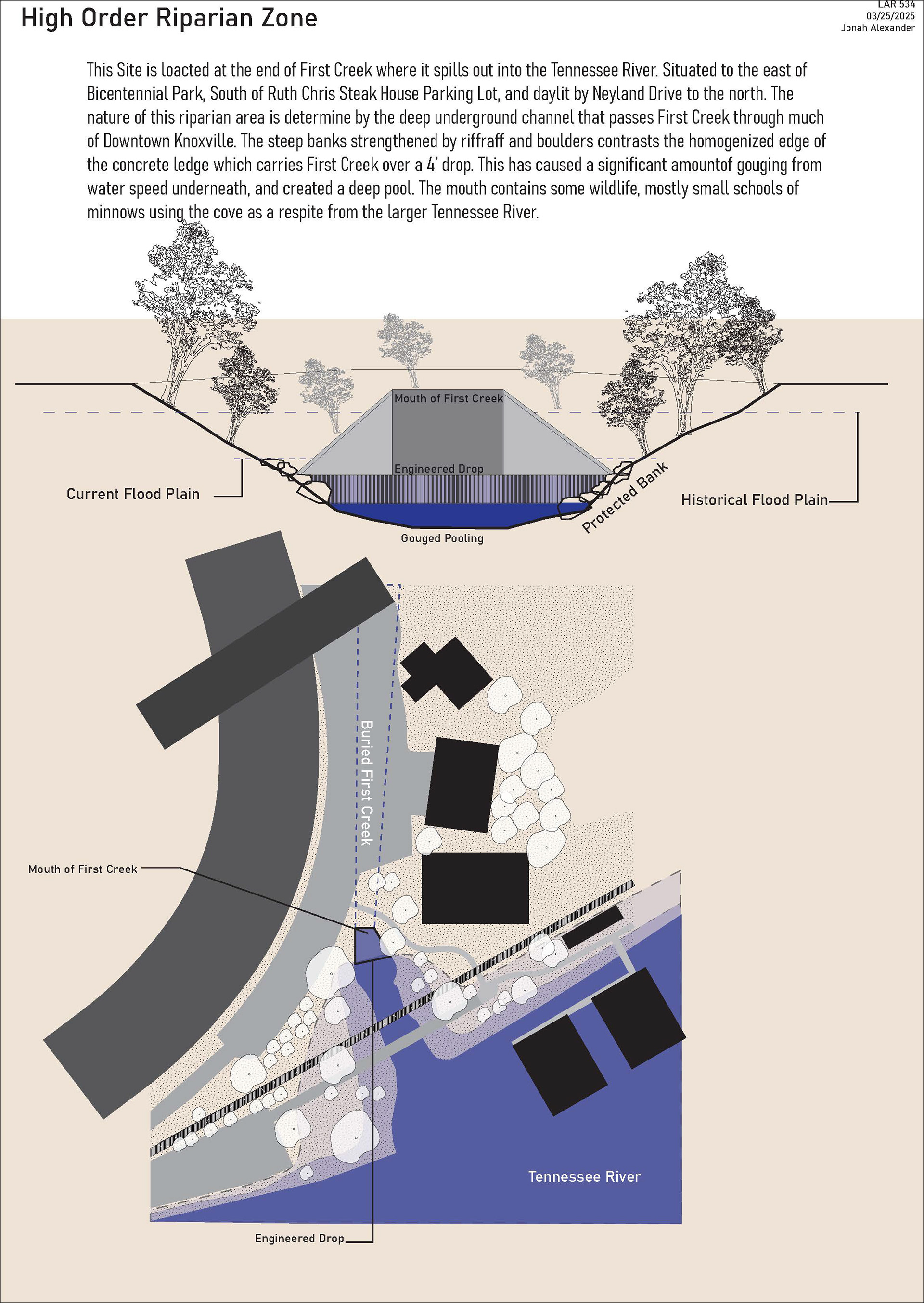
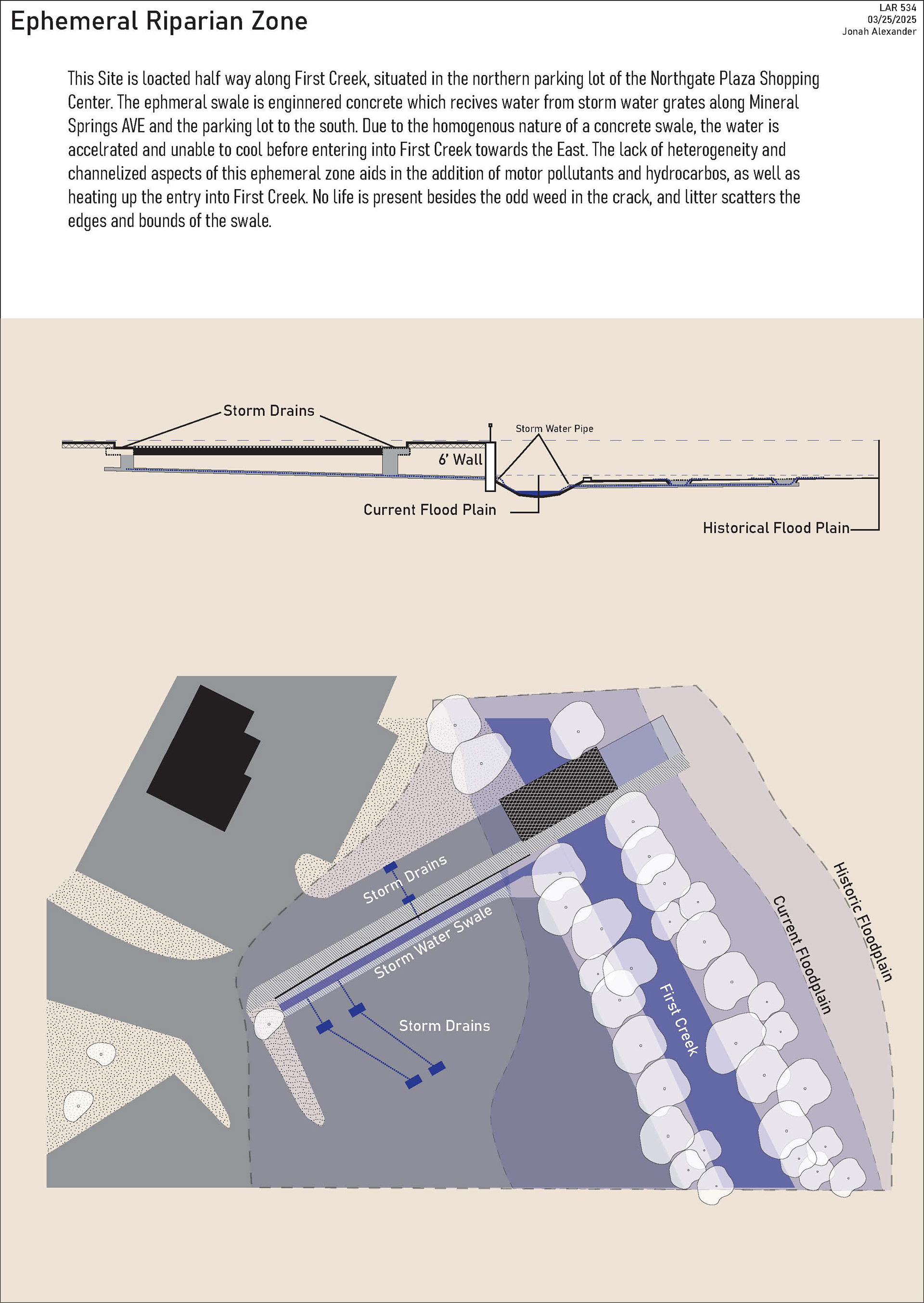
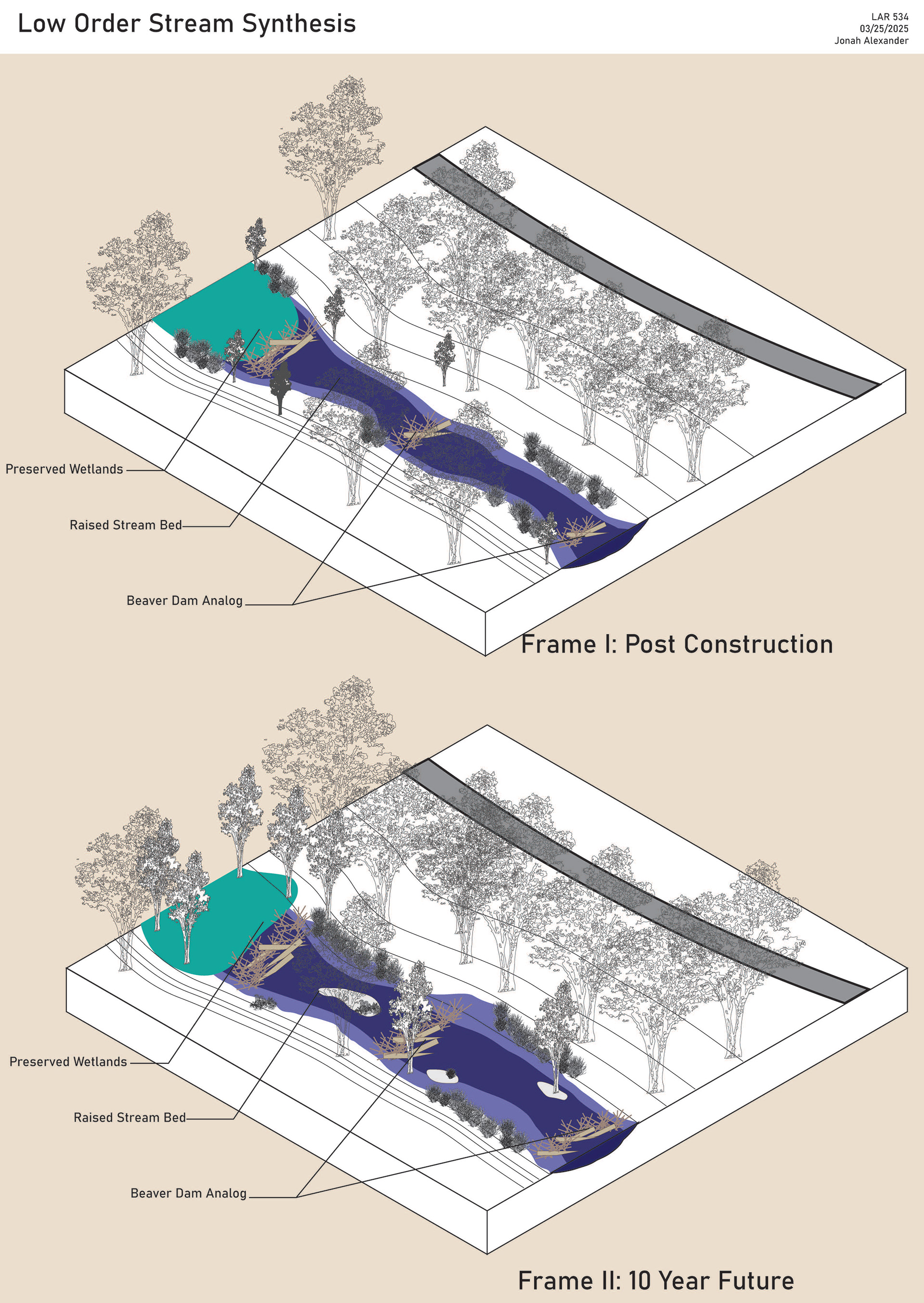
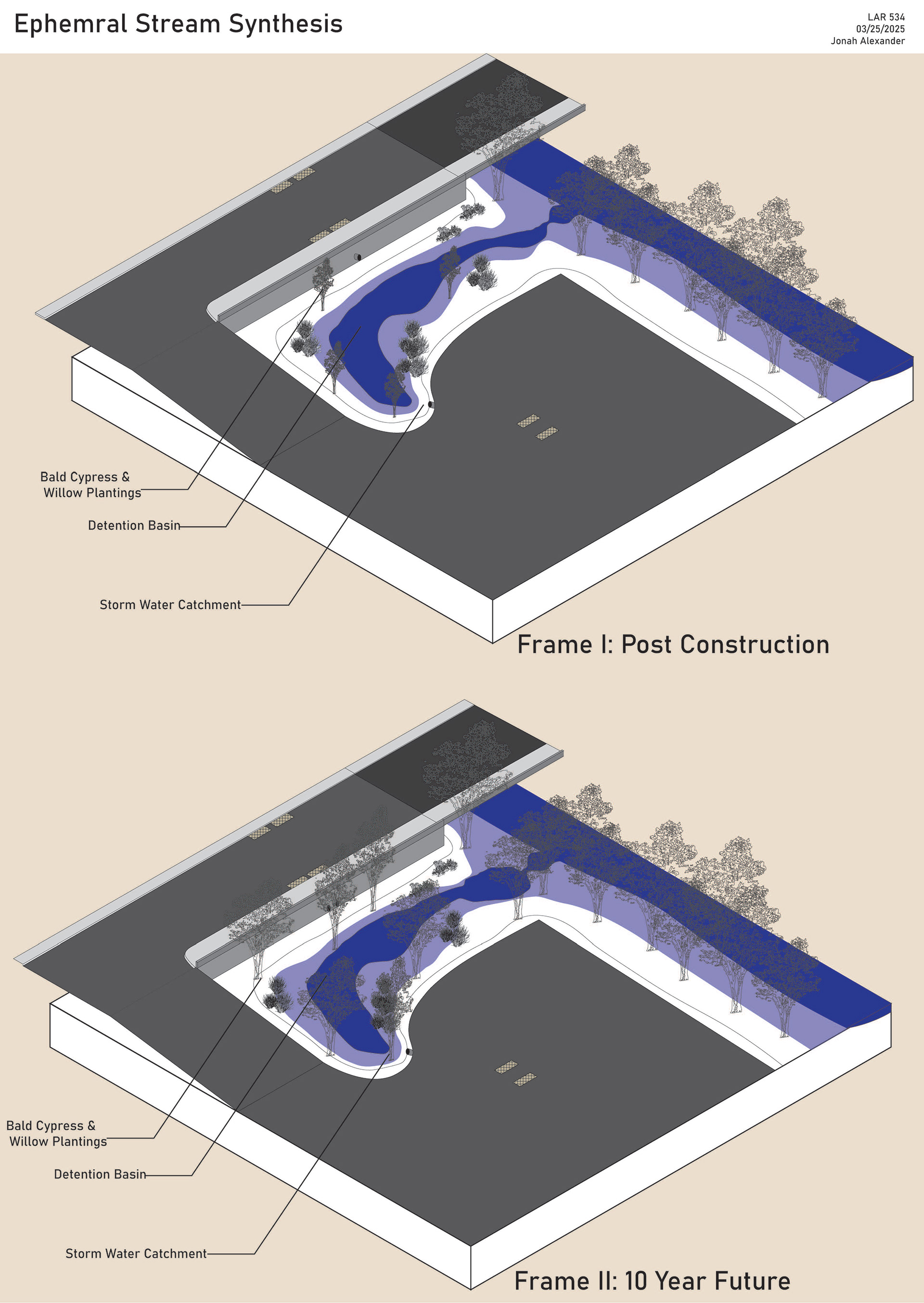
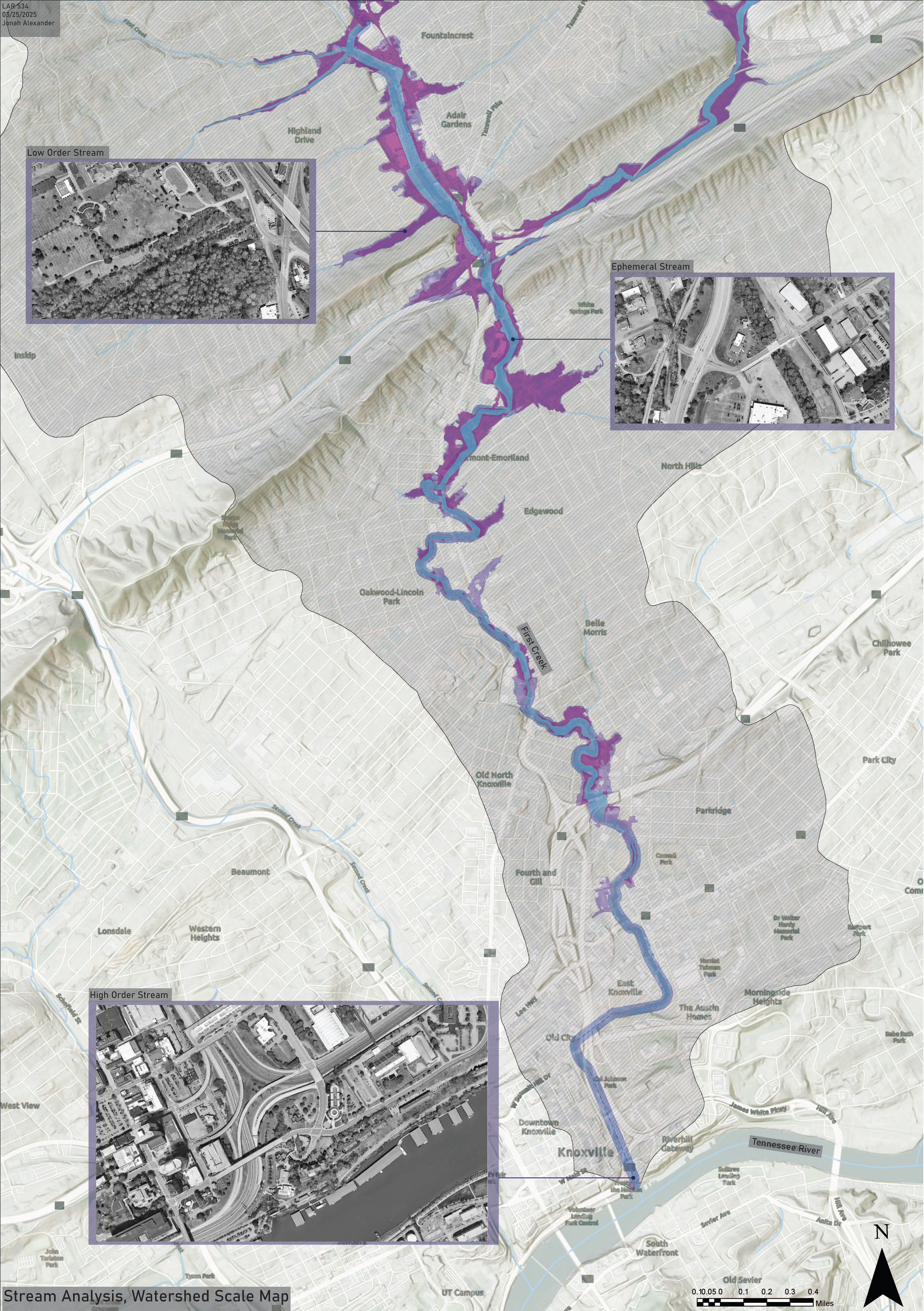
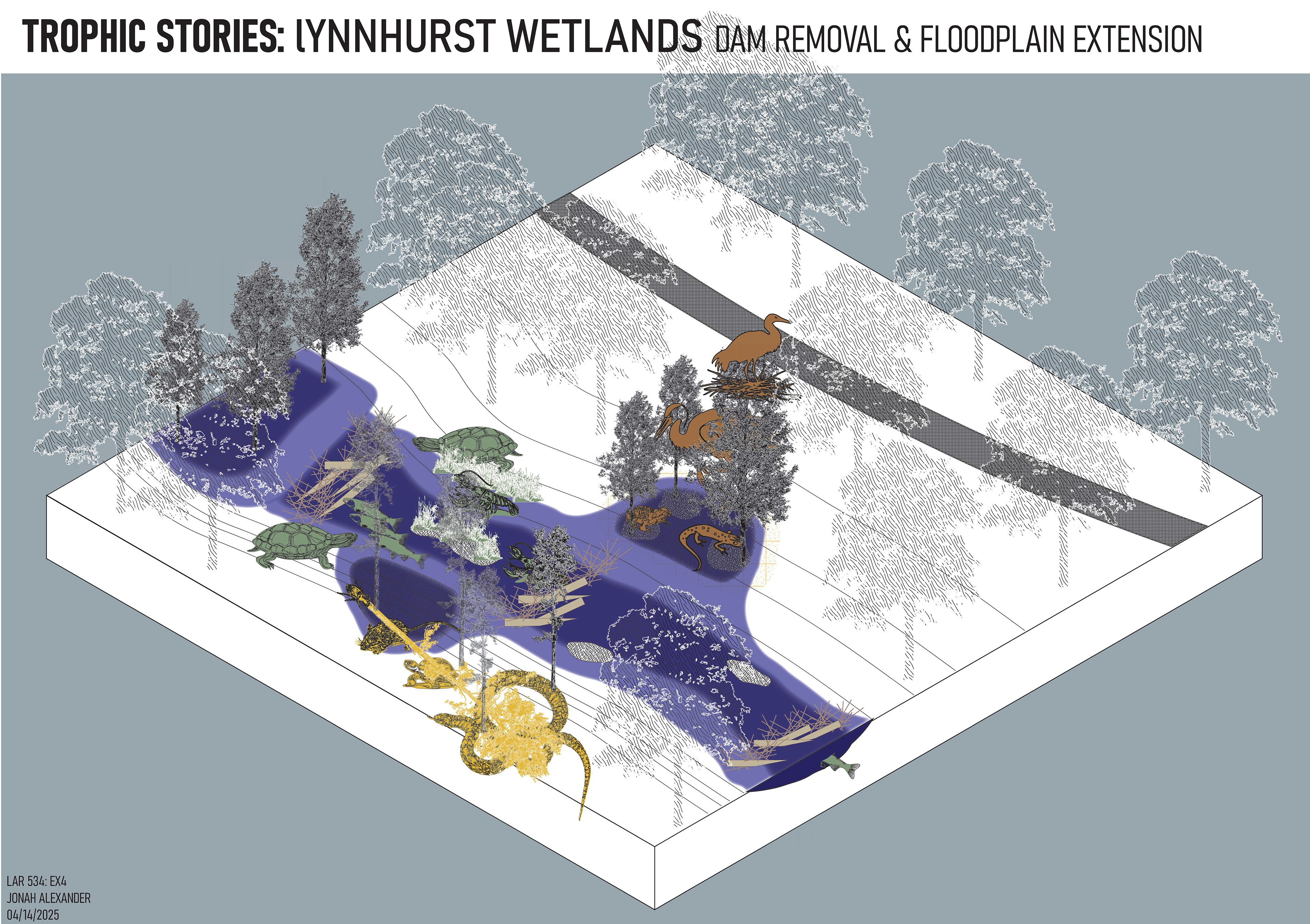
Jonah Alexander, Spring 2025
2023
Elijah Hale, Fall 2023
Emily Sue Laird, Fall 2023
John Hamilton, Fall 2023
Dustin Del Moro, Fall 2023
Cole Thornton, Fall 2023
Ashlea Bills, Fall 2023
2022
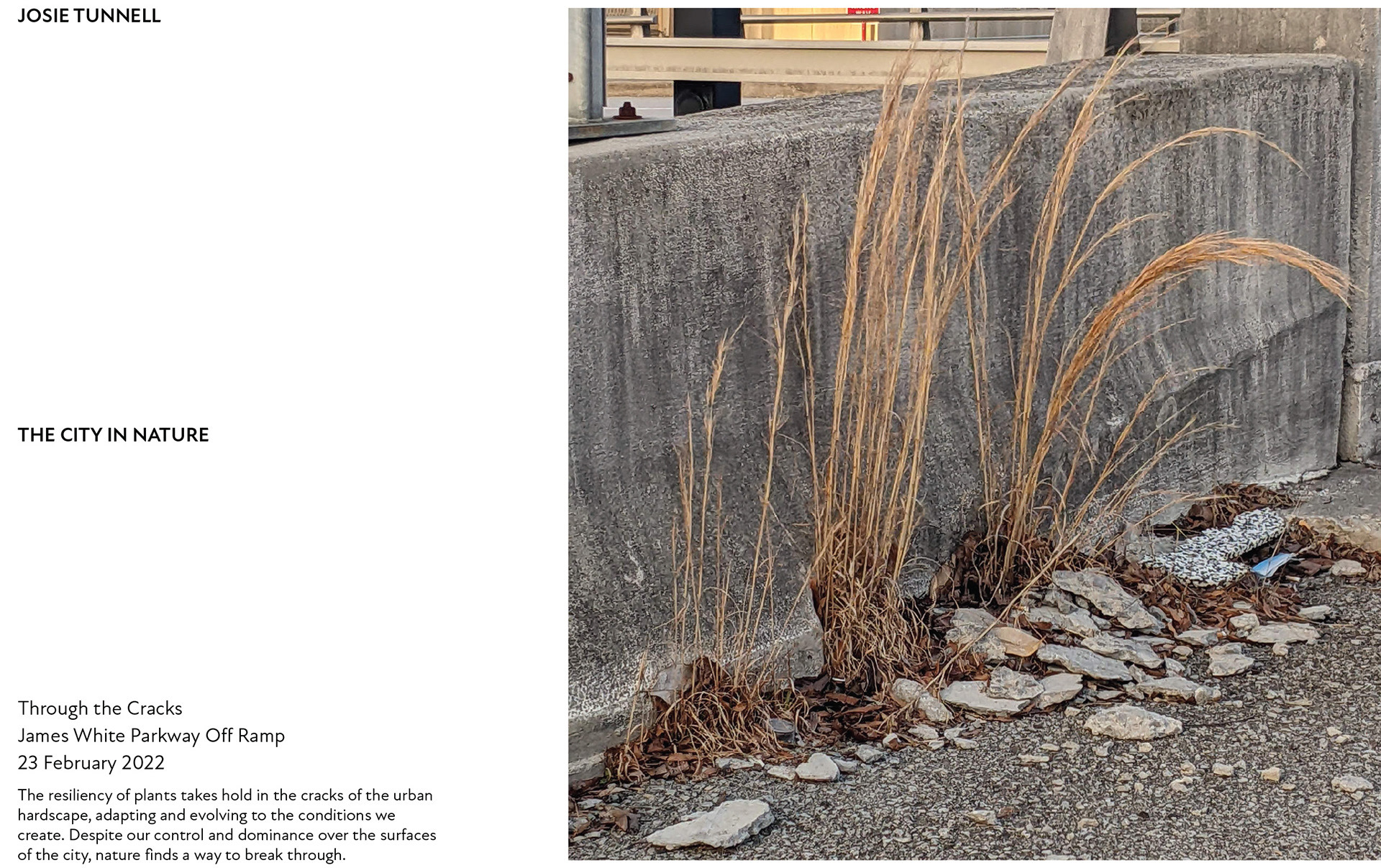
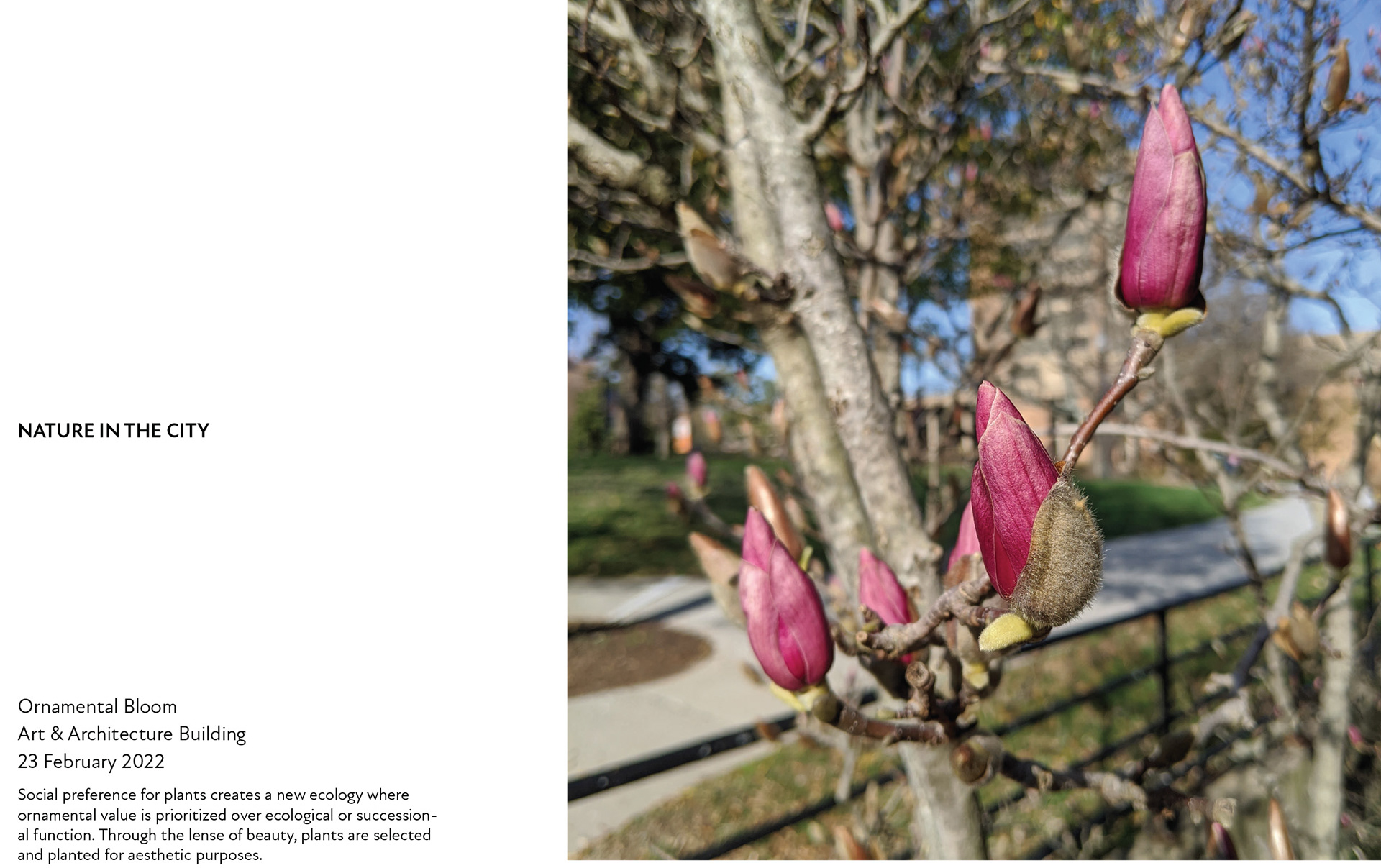
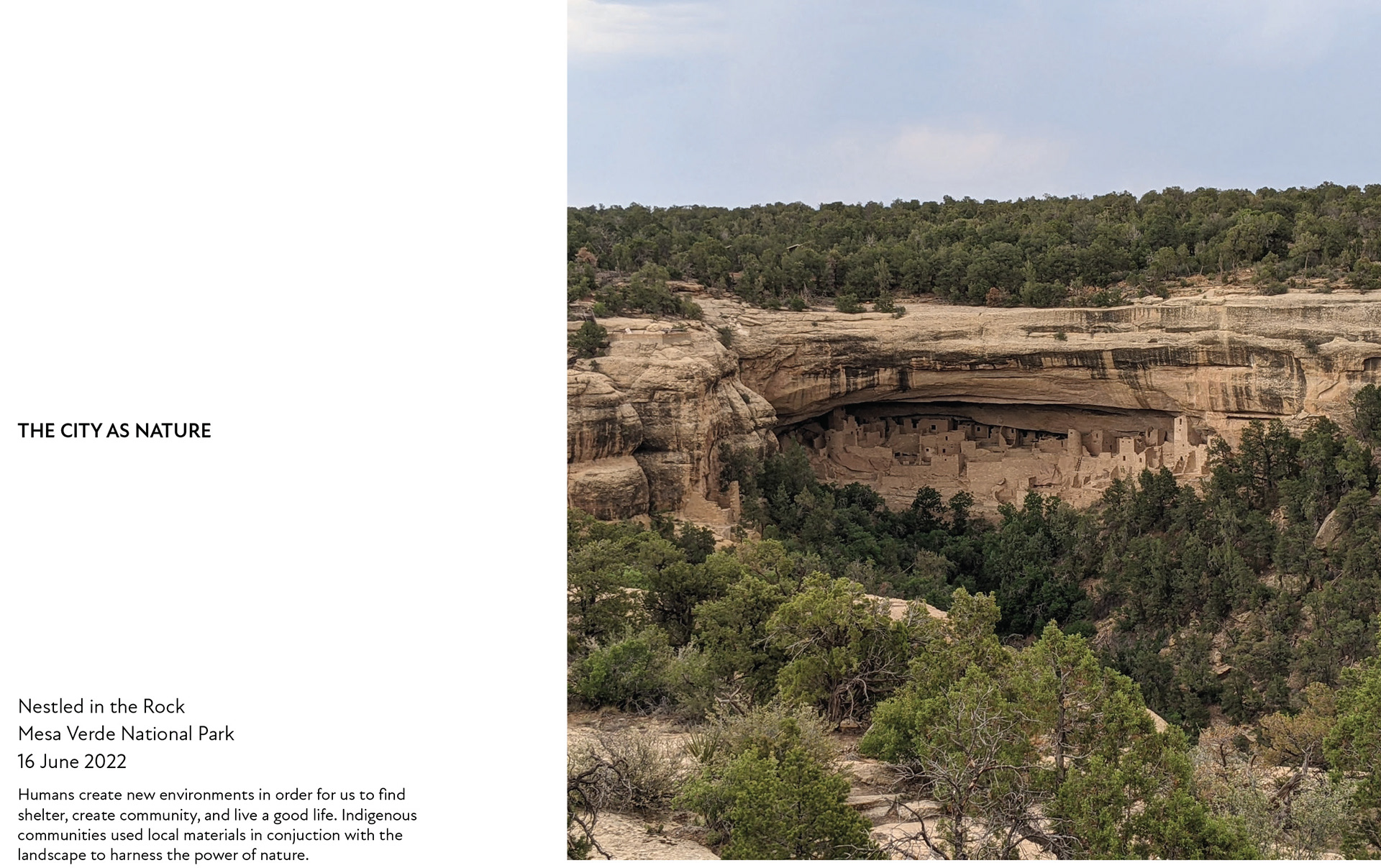
project by Josie Tunnell, Spring 2022
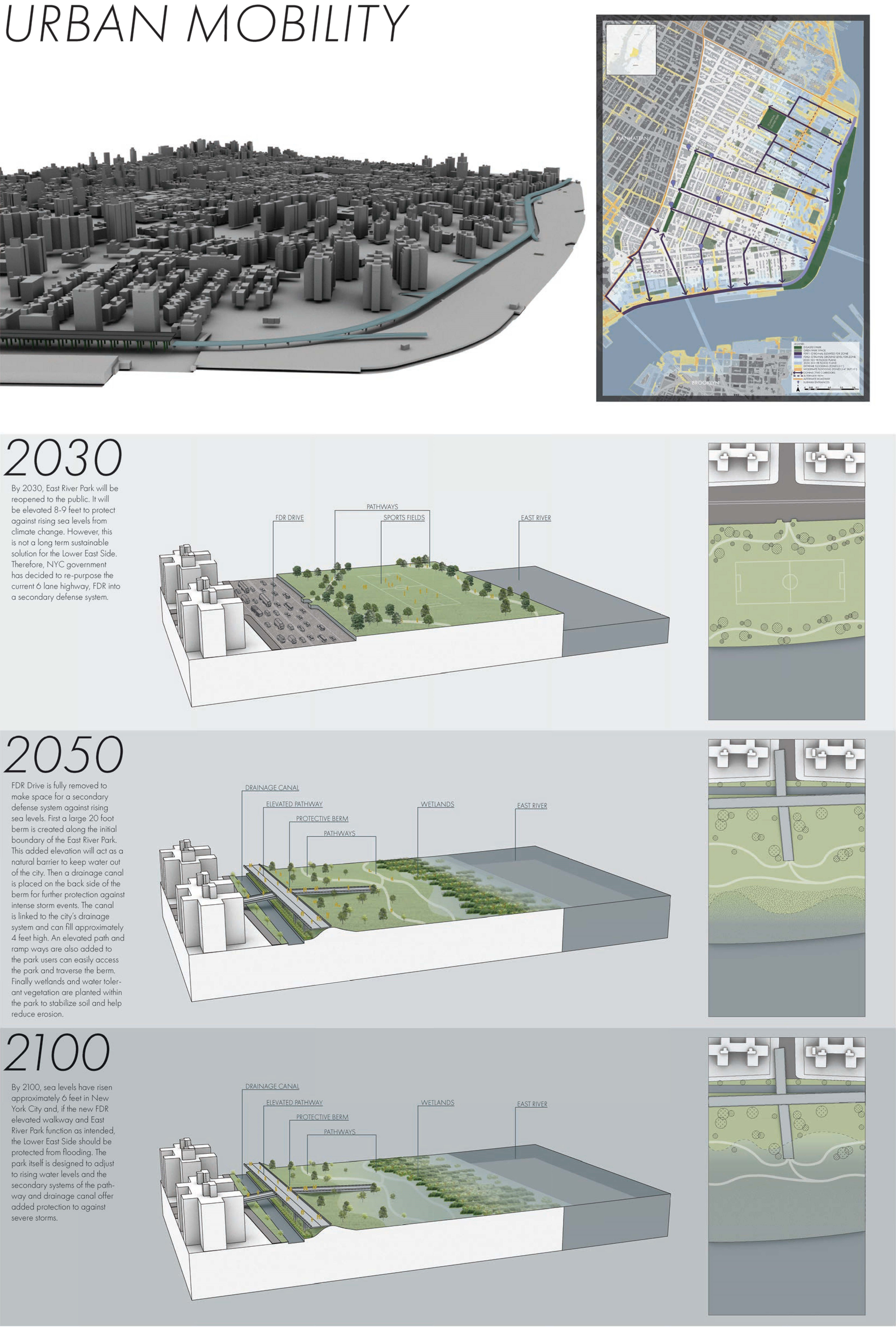
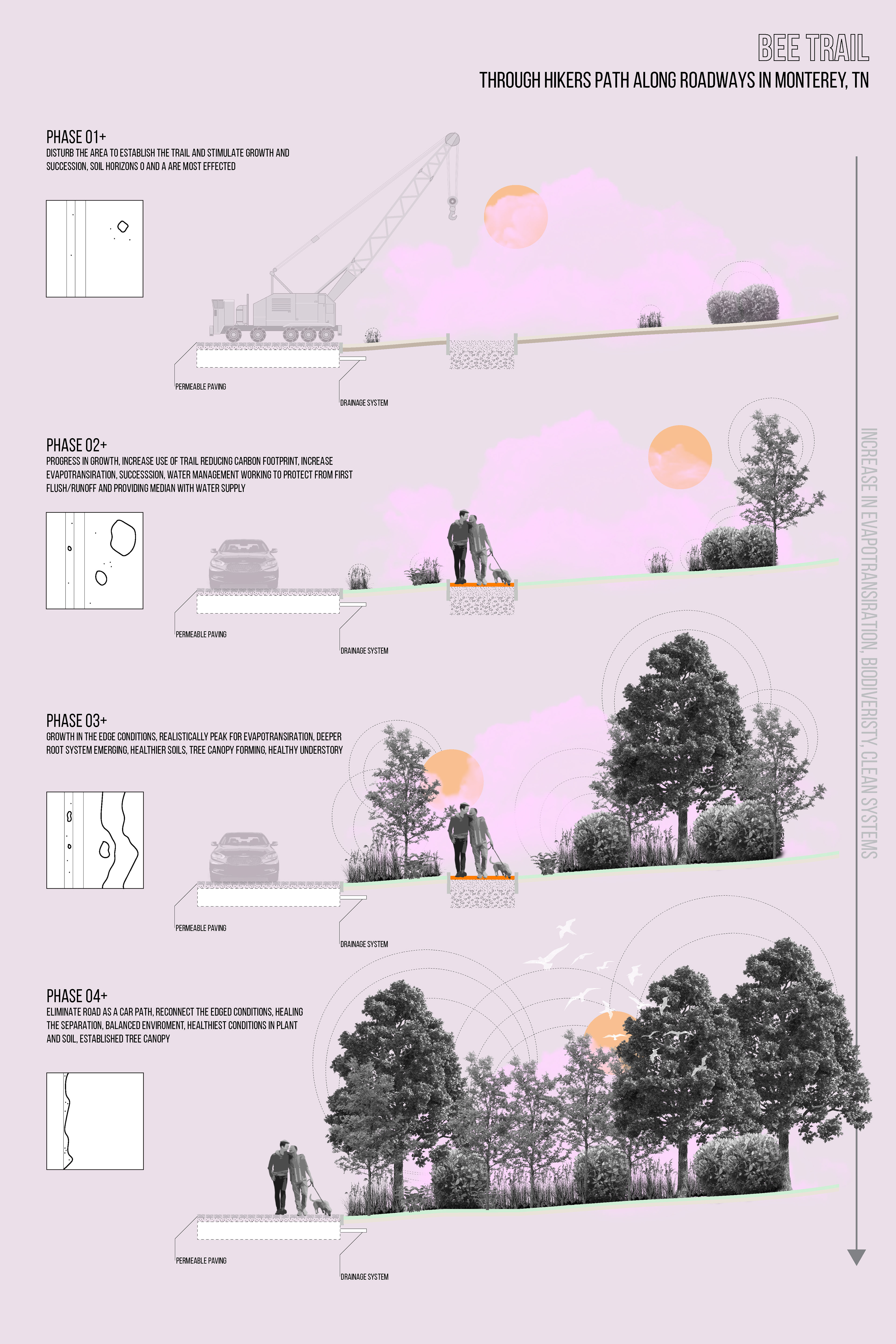
Evy Vandivort, Spring 2022
Mia Roark, Spring 2022
2021
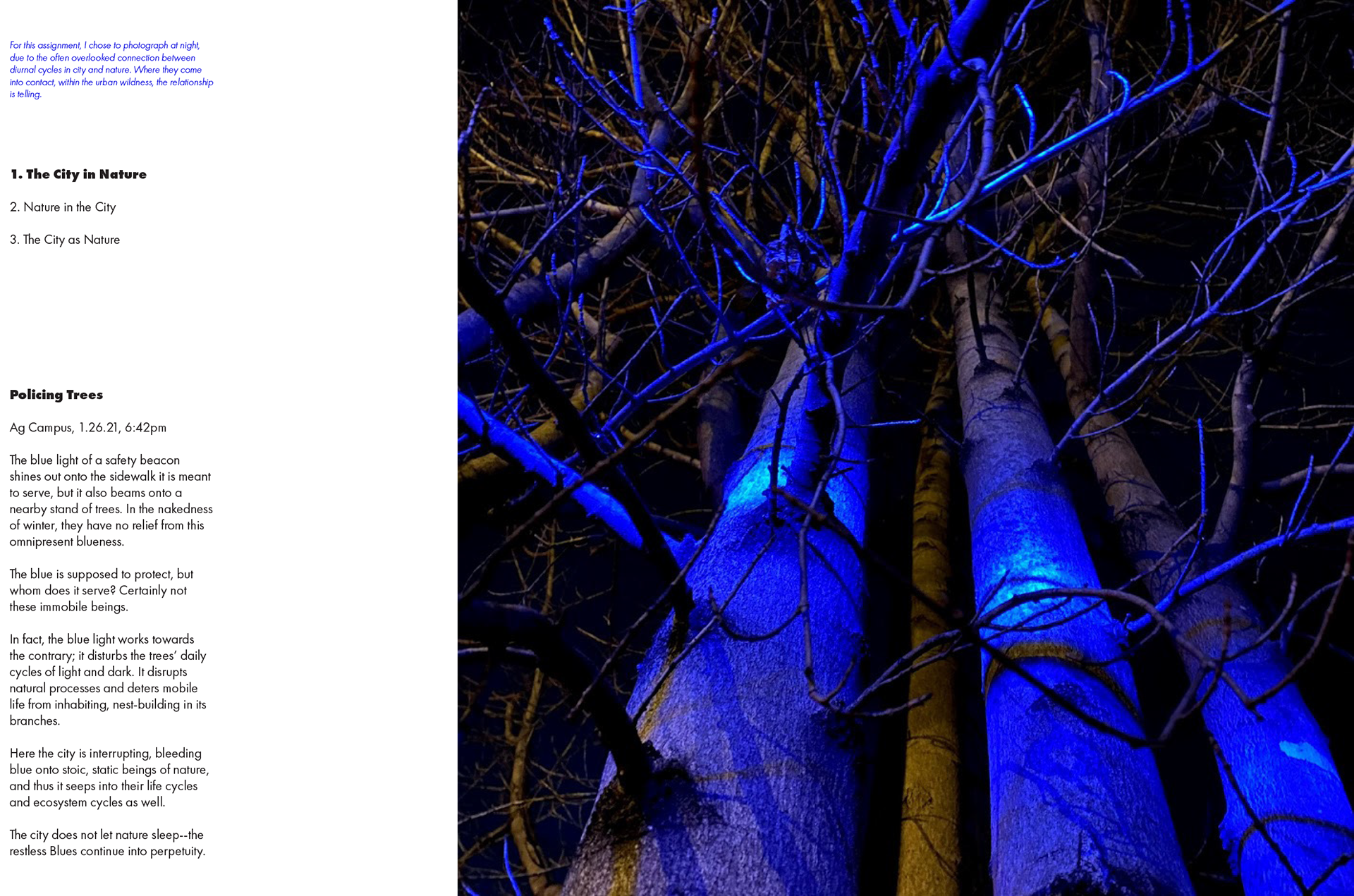
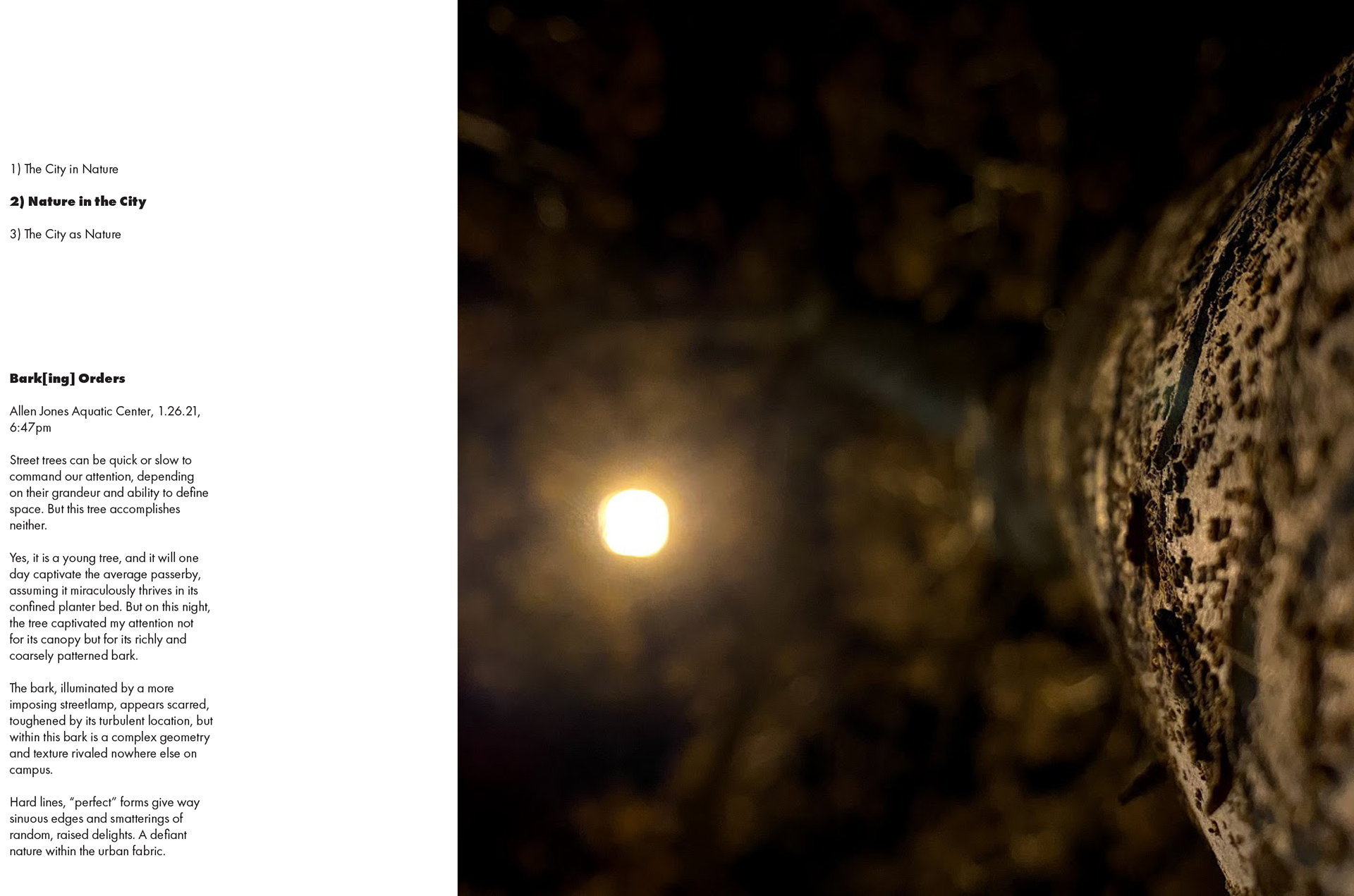
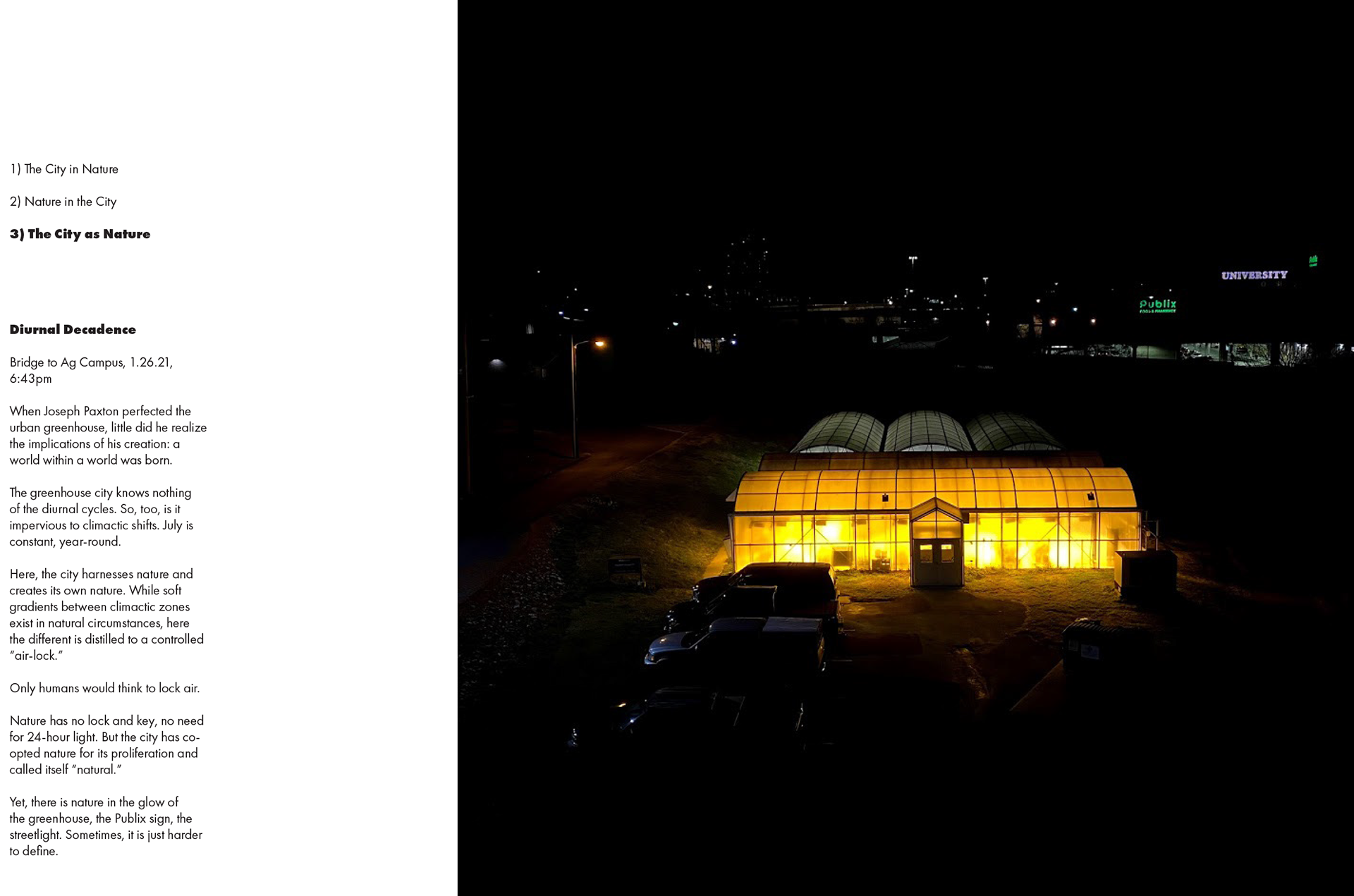
Aubrey Bader, Spring 2021
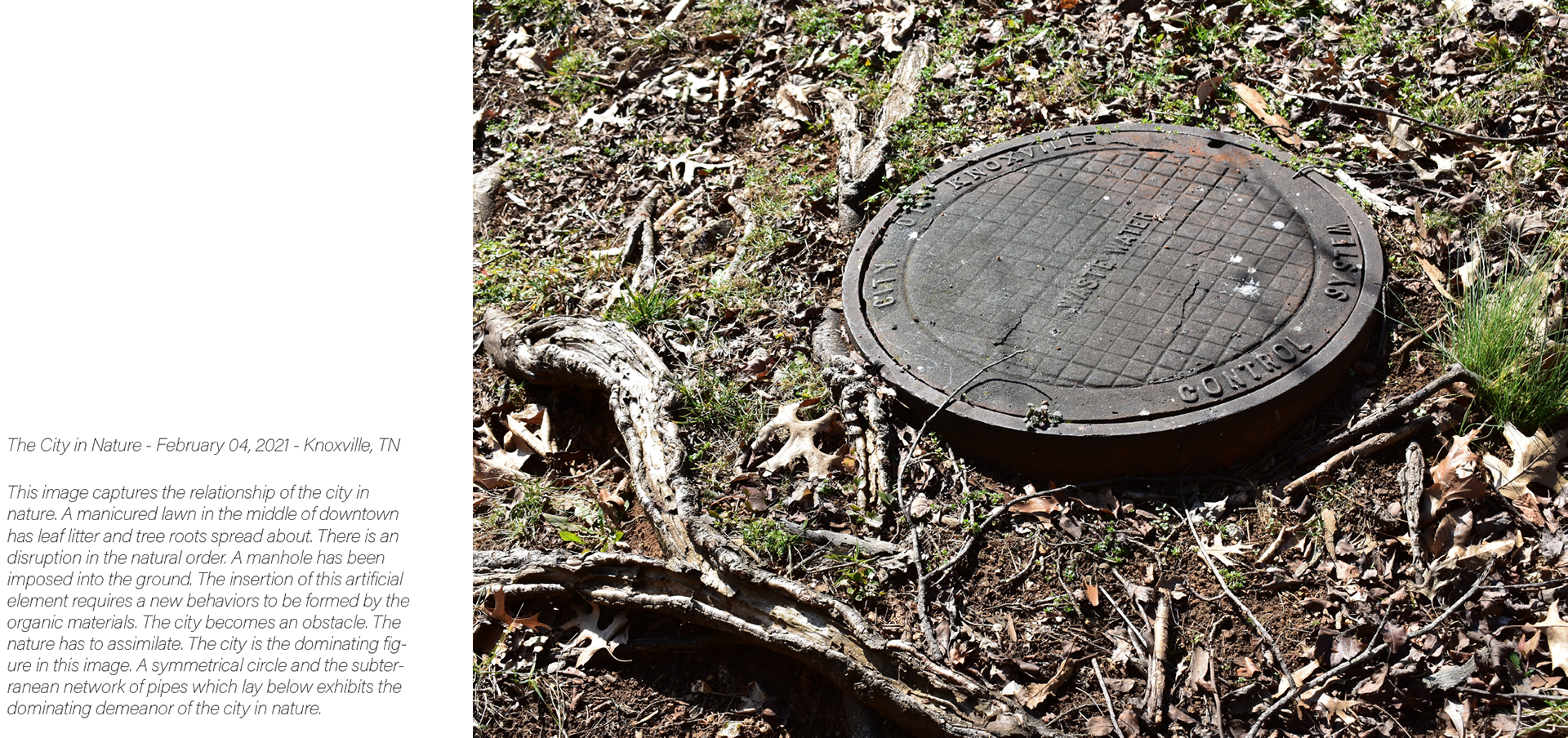
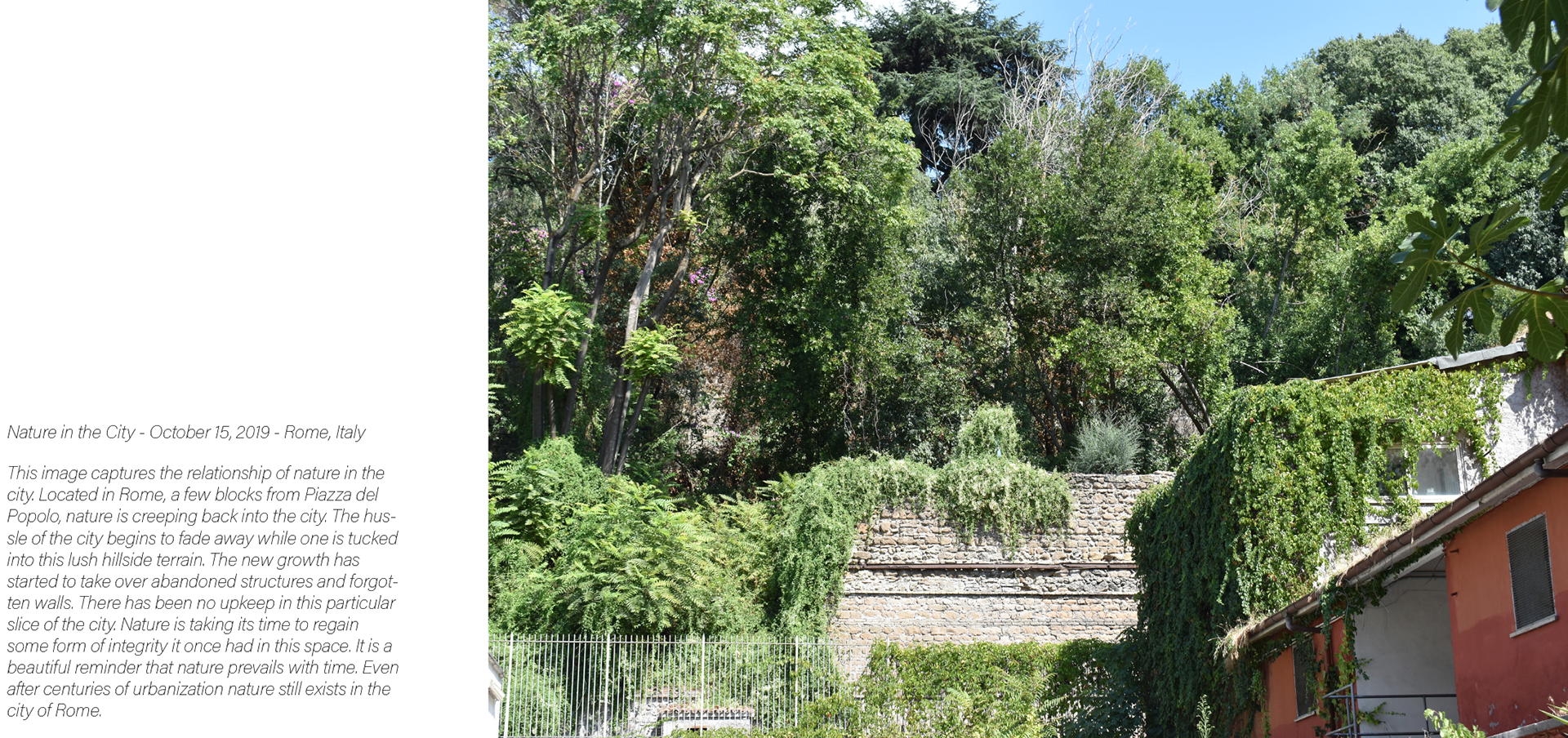
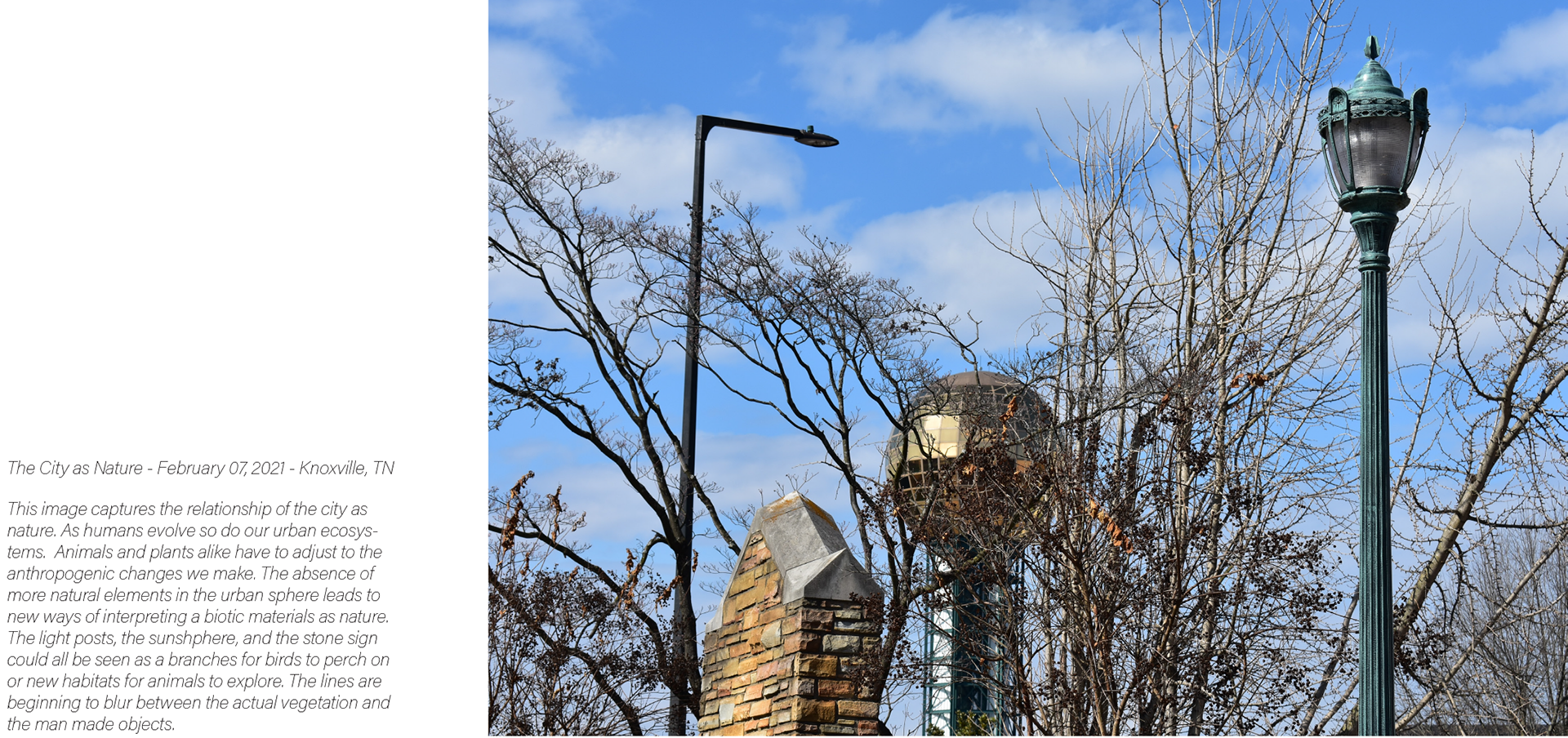
project by Abbey Stubblefield, Spring 2021
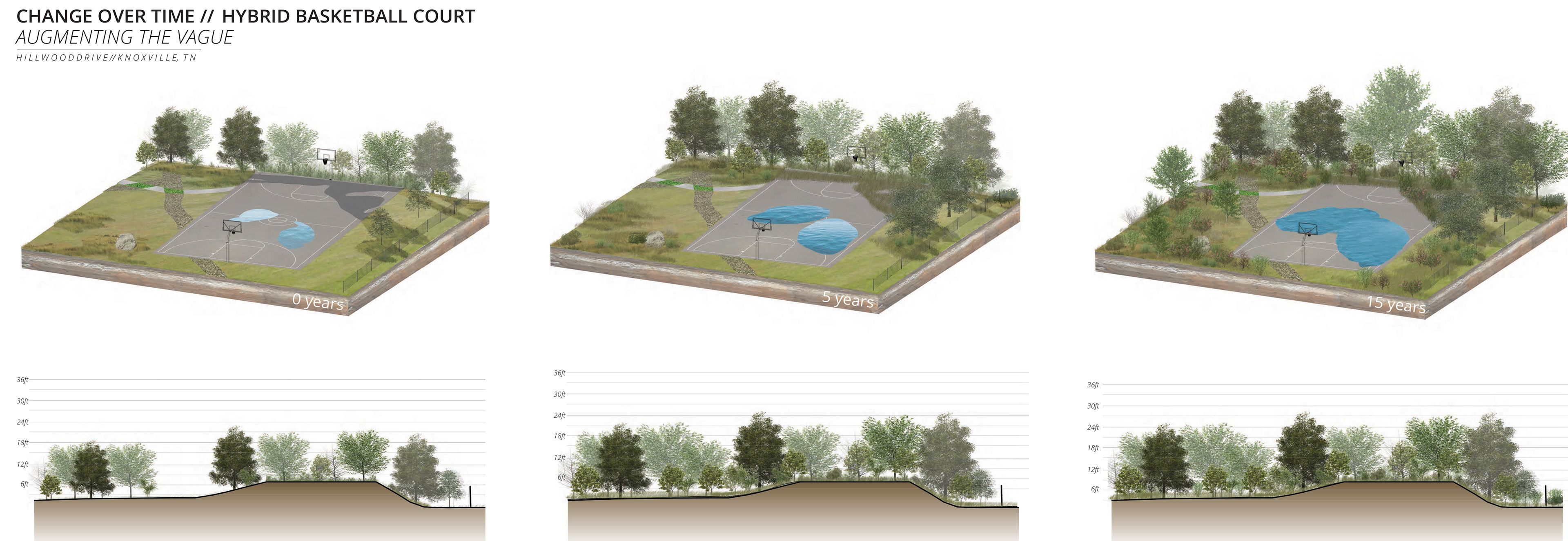
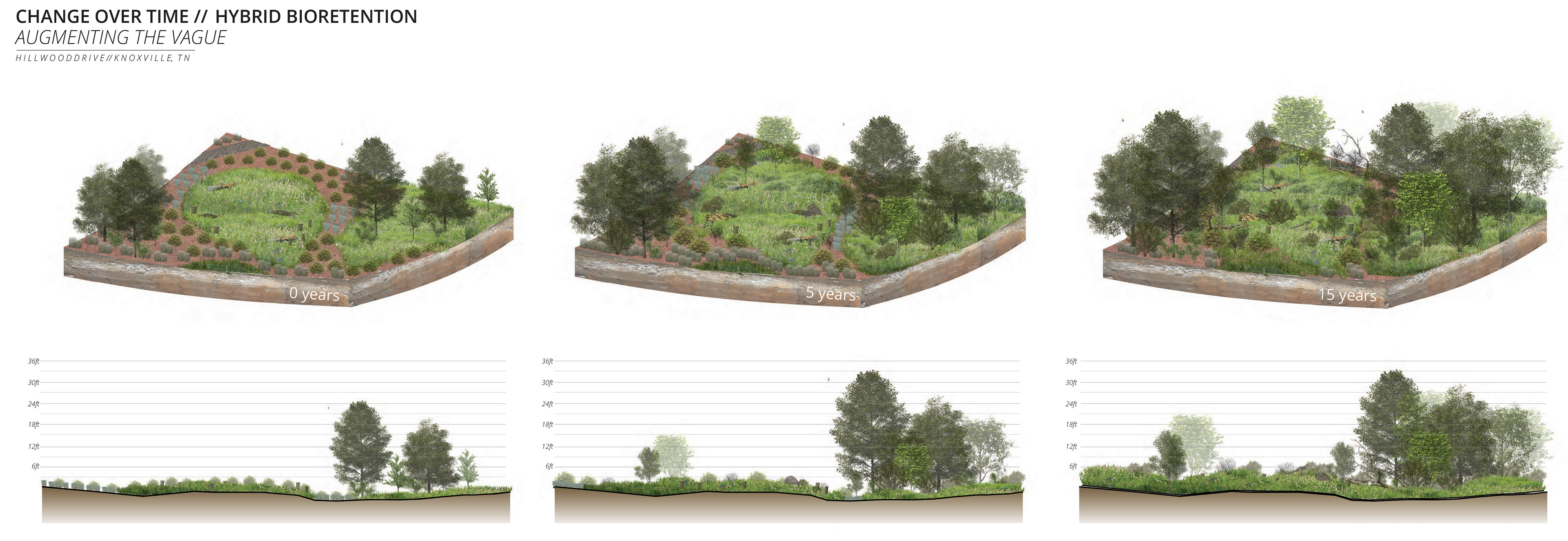
project by Stormie Tibbs, Spring 2021
2020
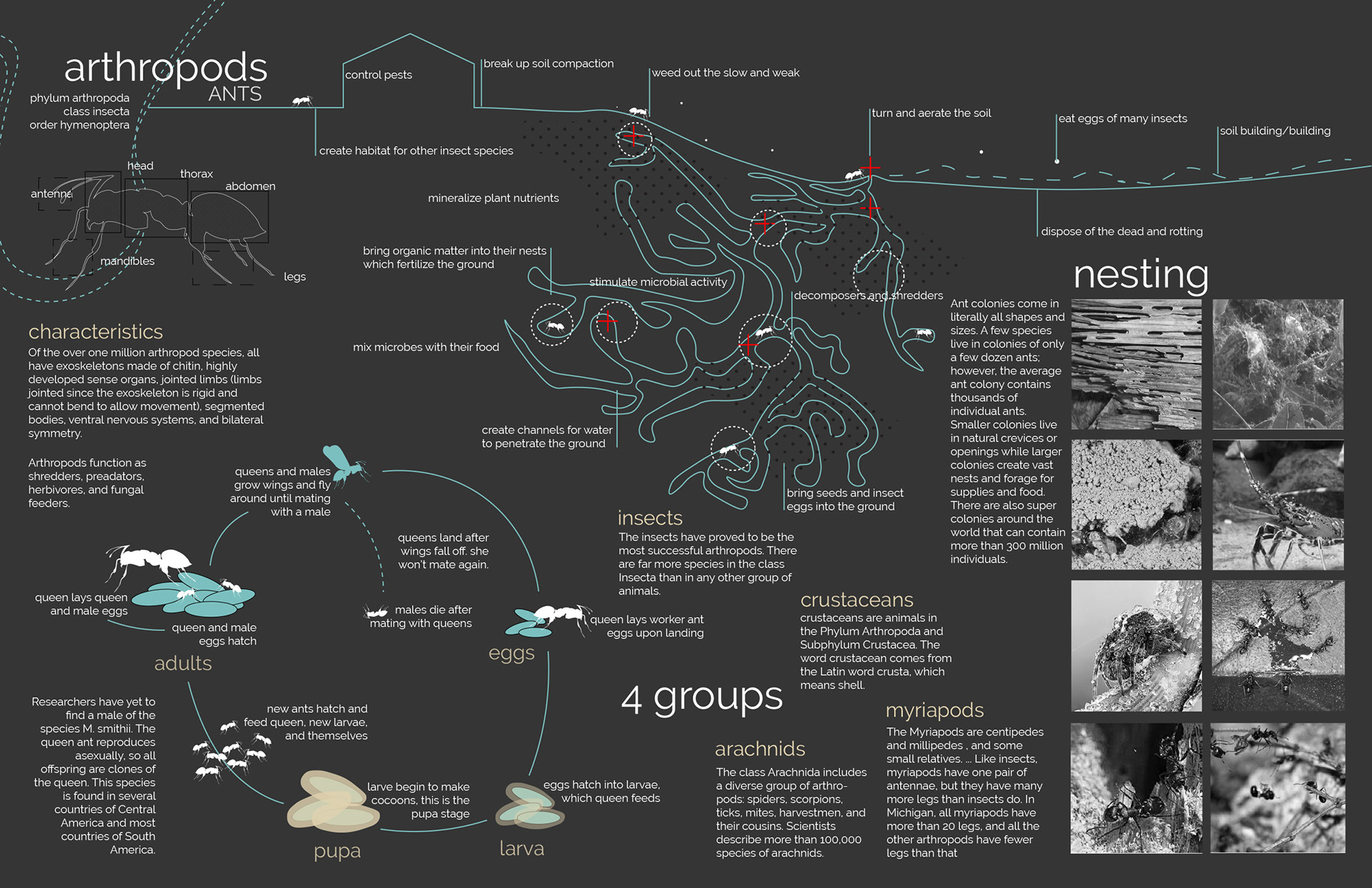
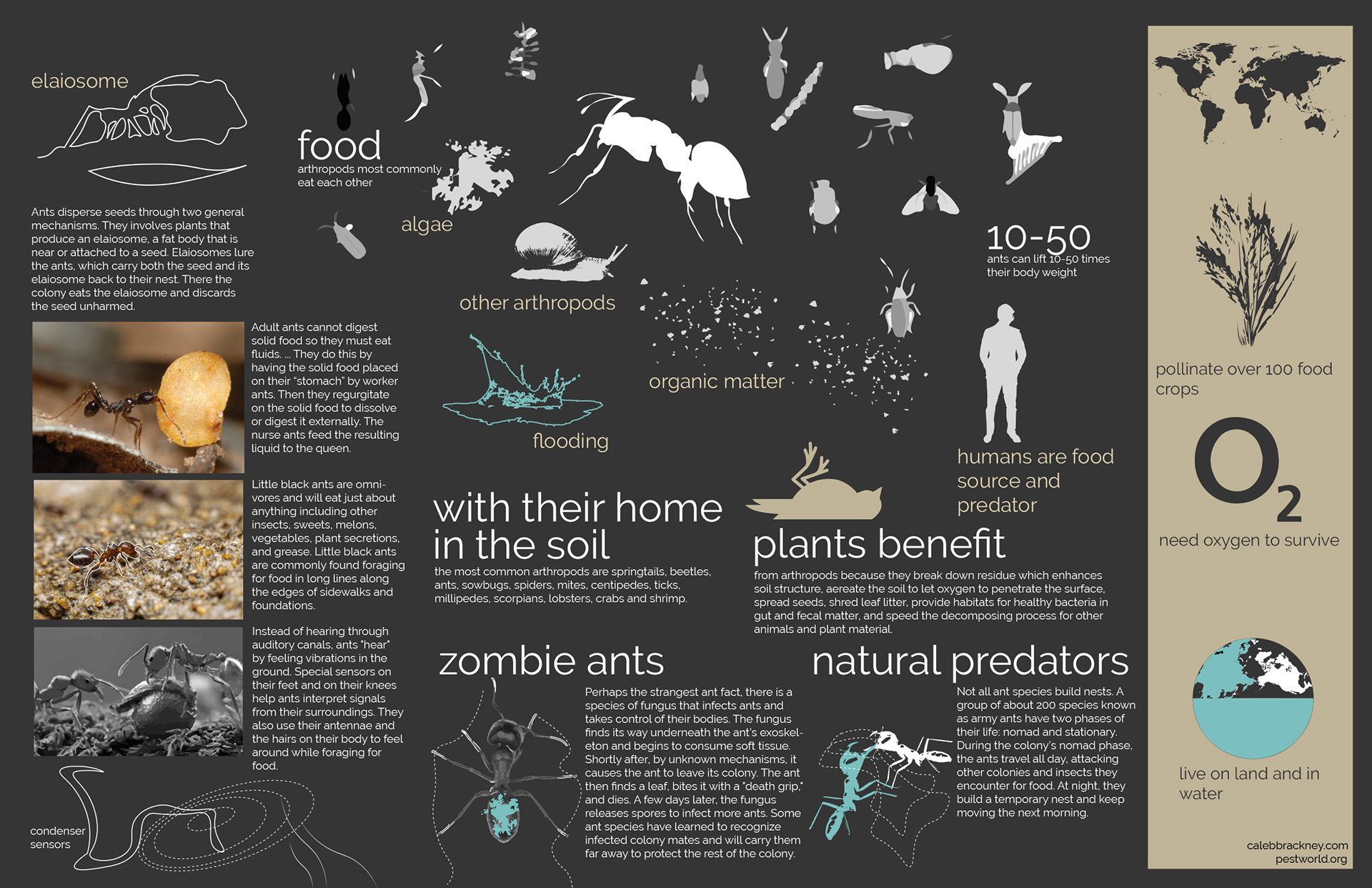
project by Caleb Brackney, Spring 2020
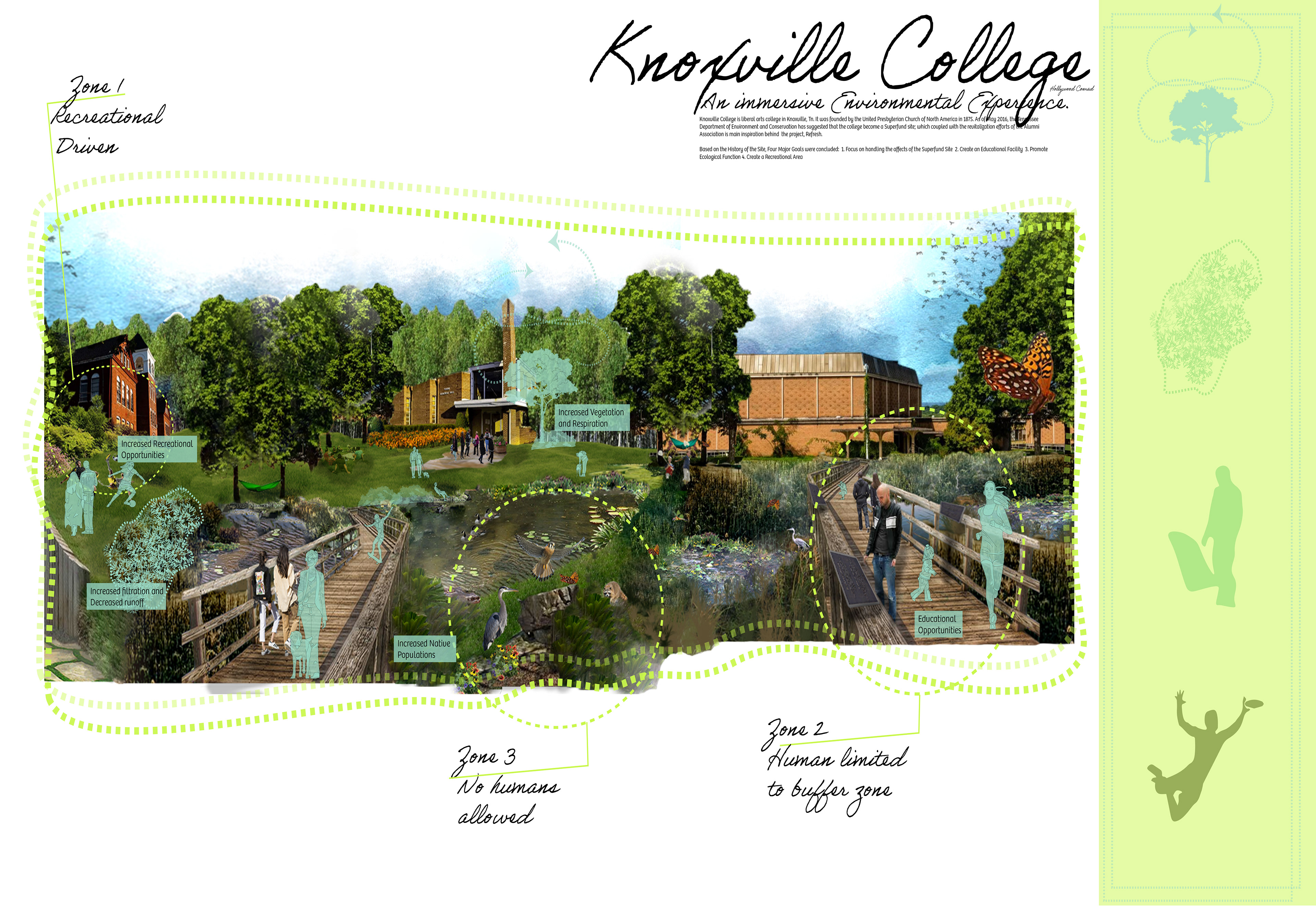
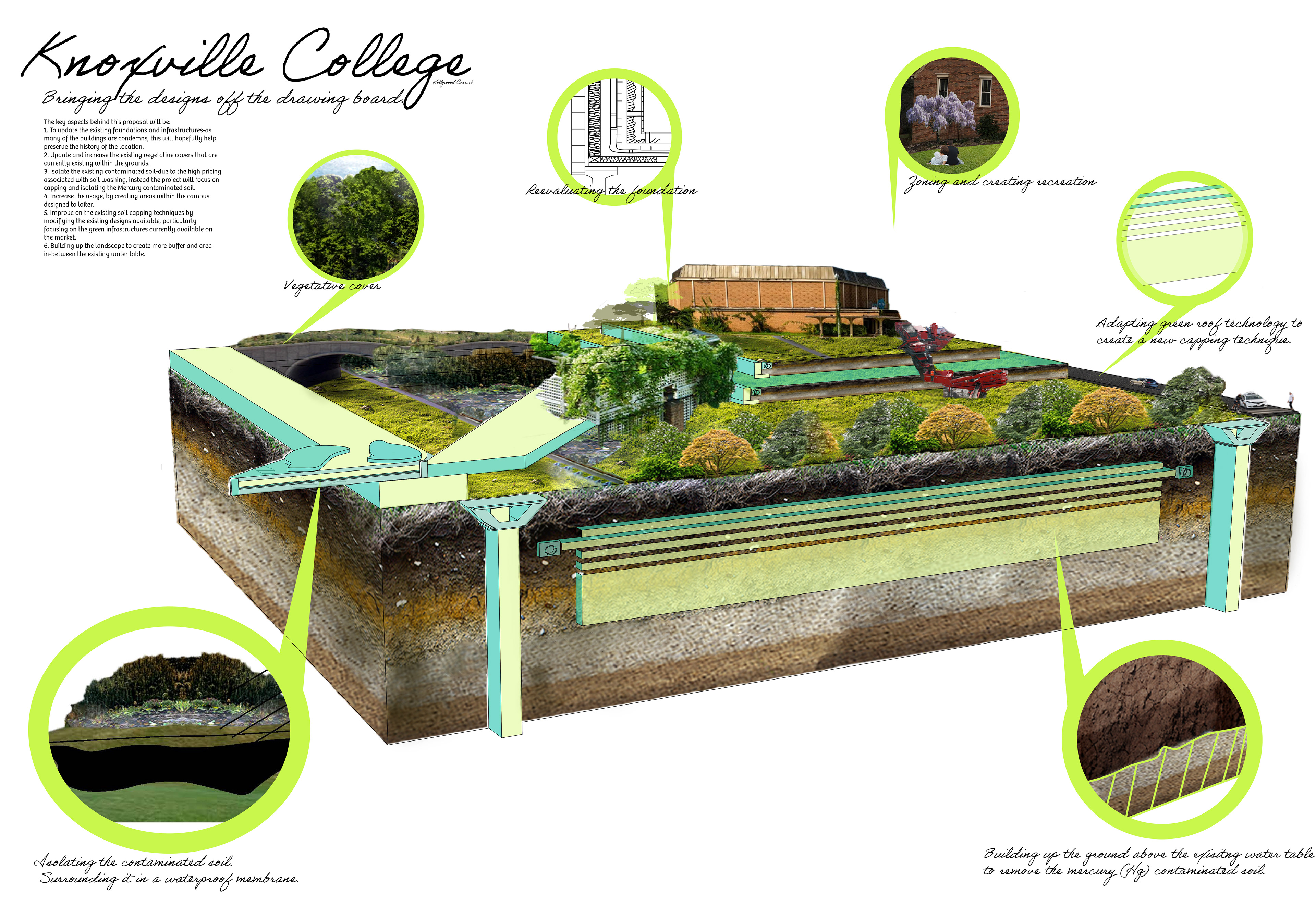
project by Christina Conrad, Spring 2020
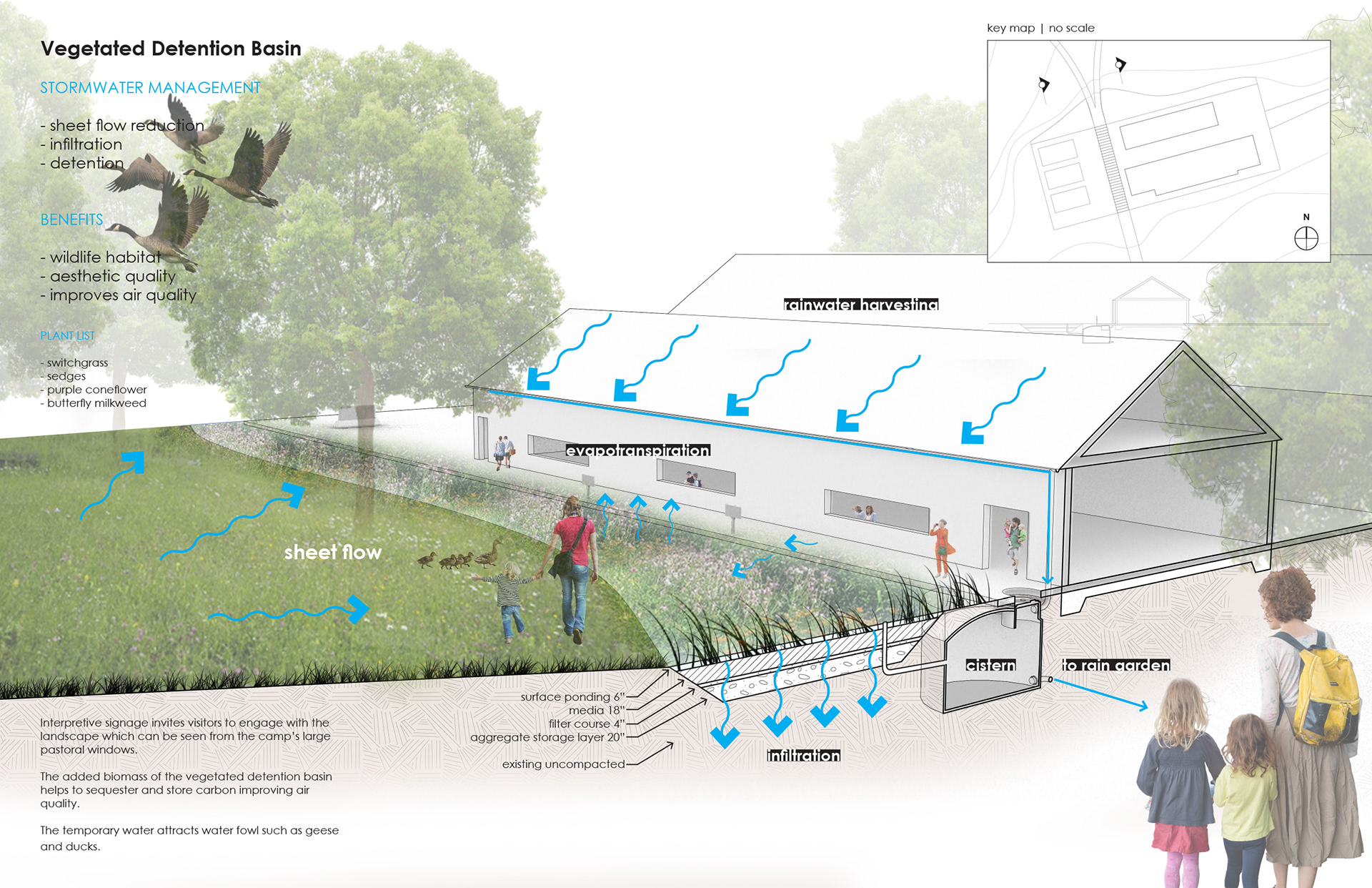
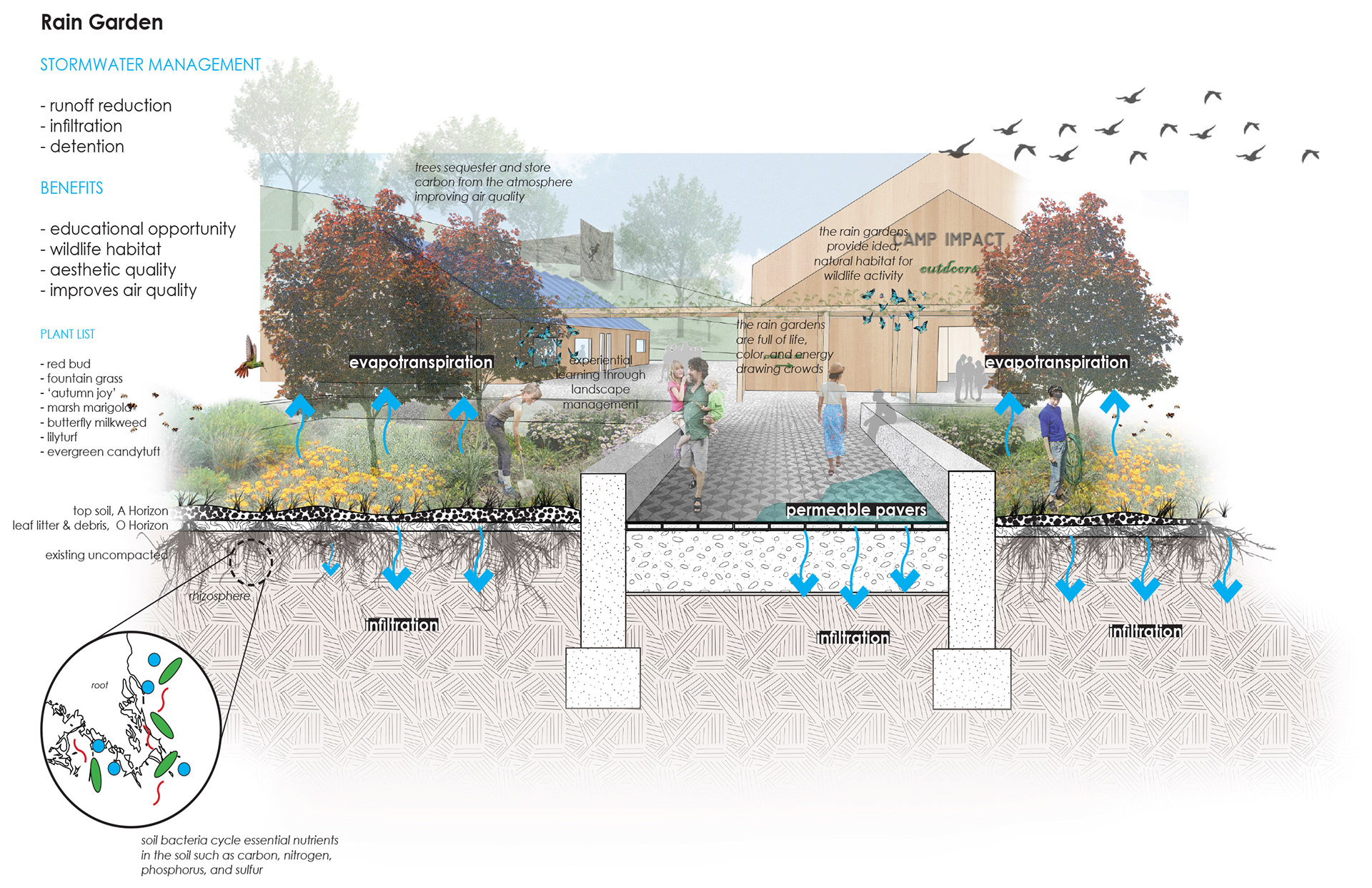
project by Gerald Gorham, Spring 2020